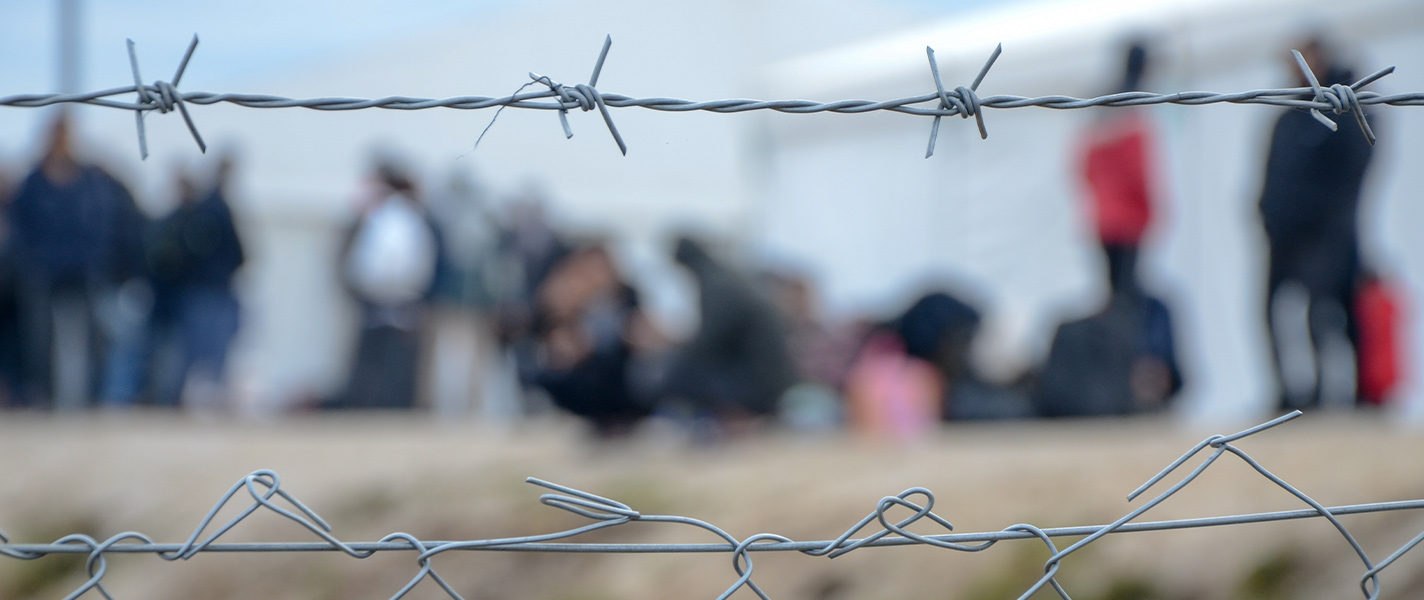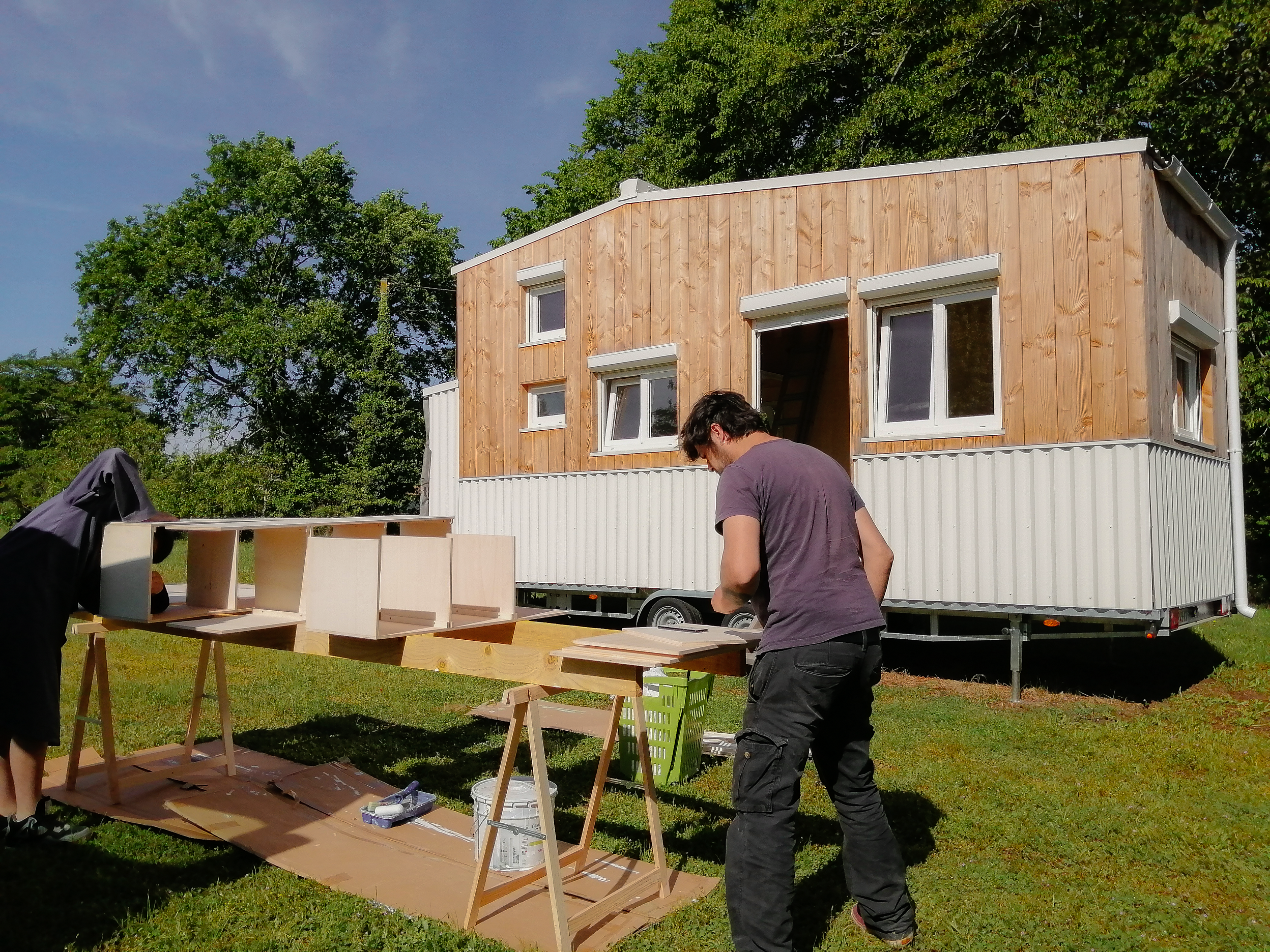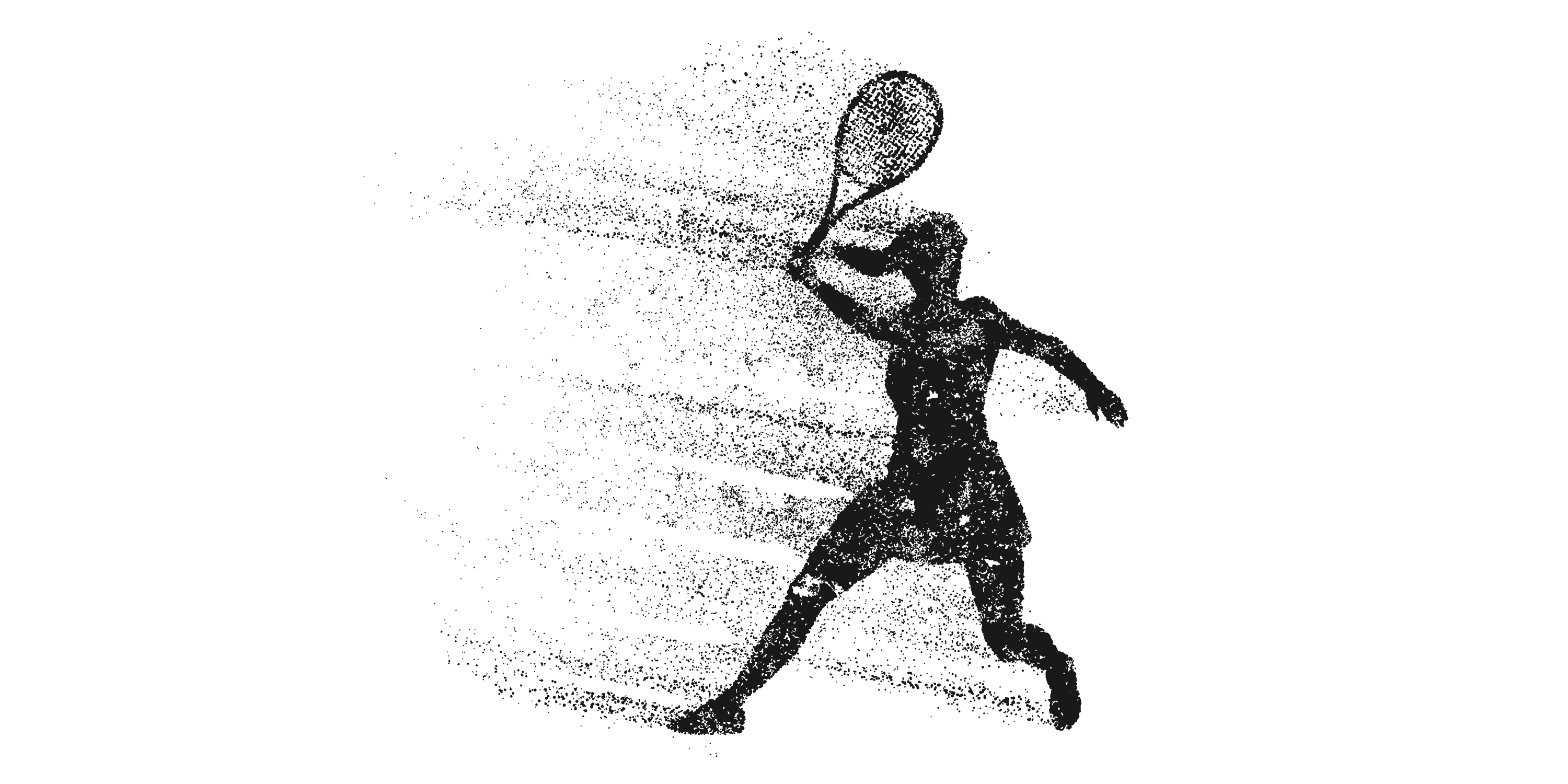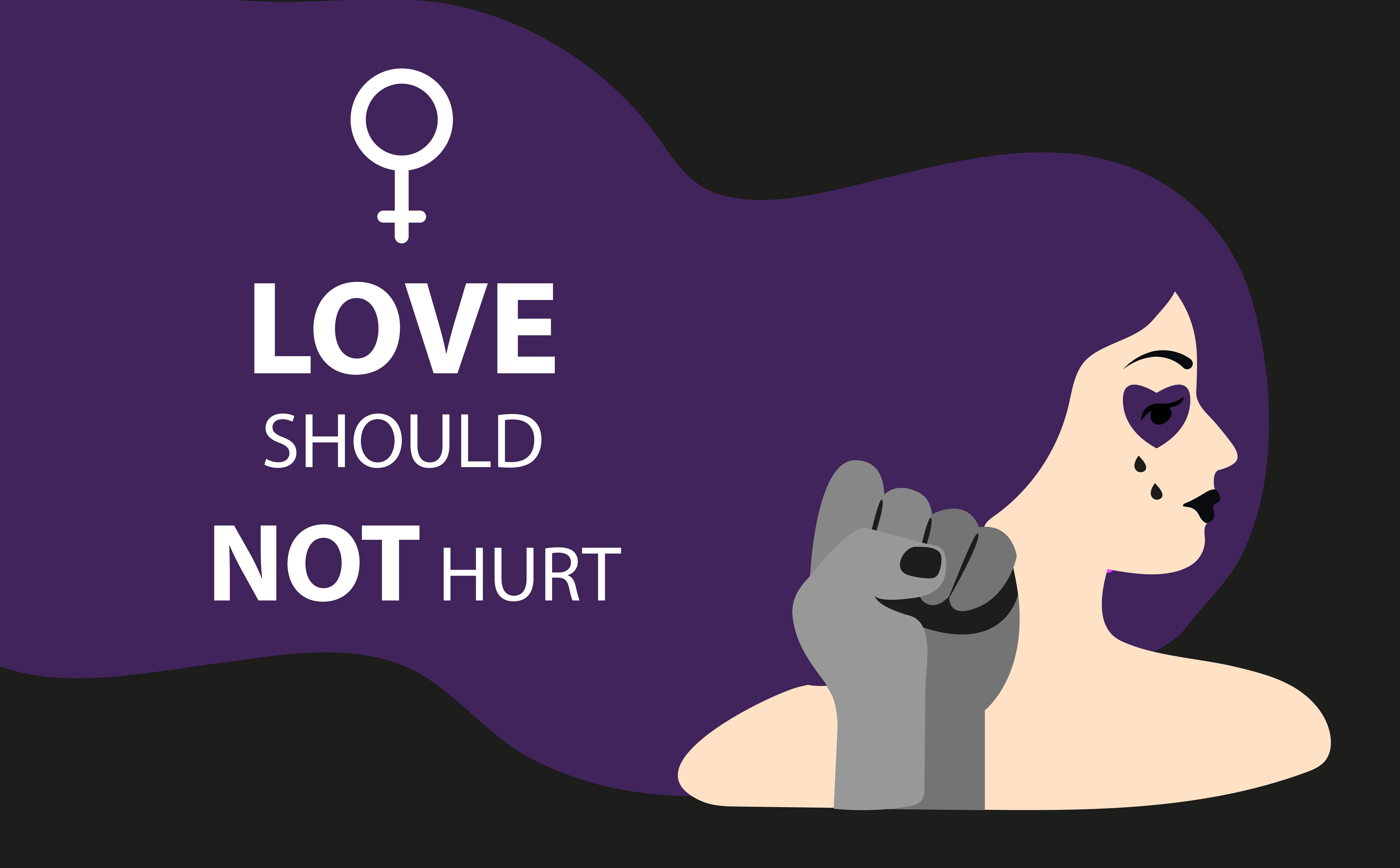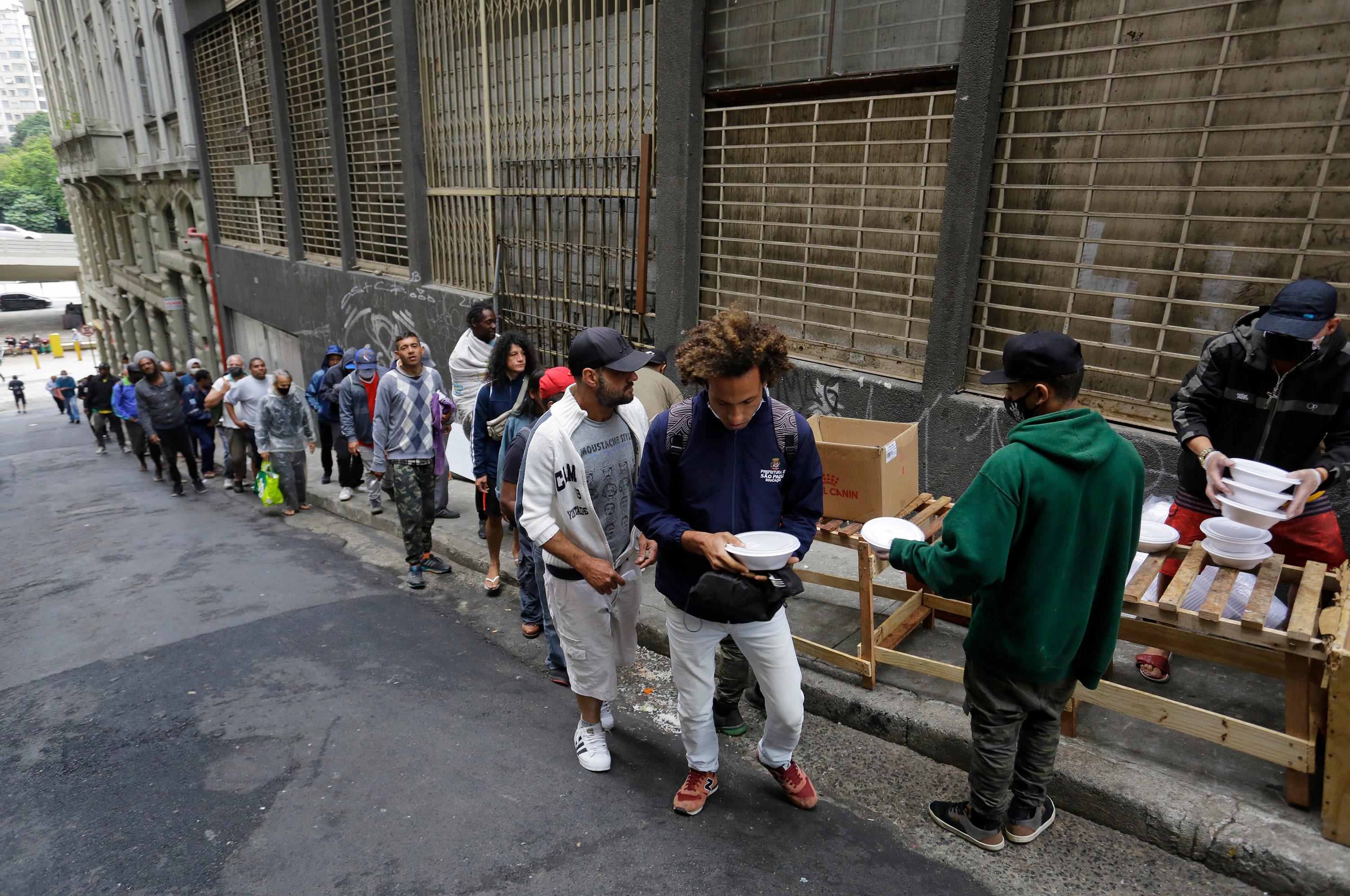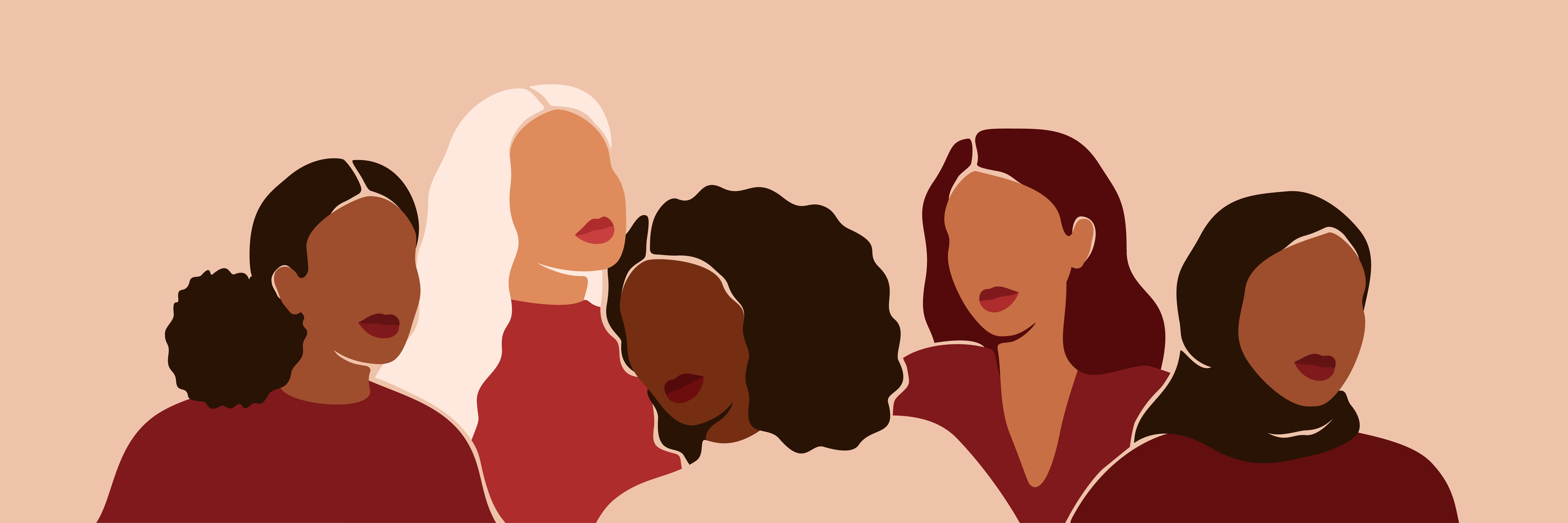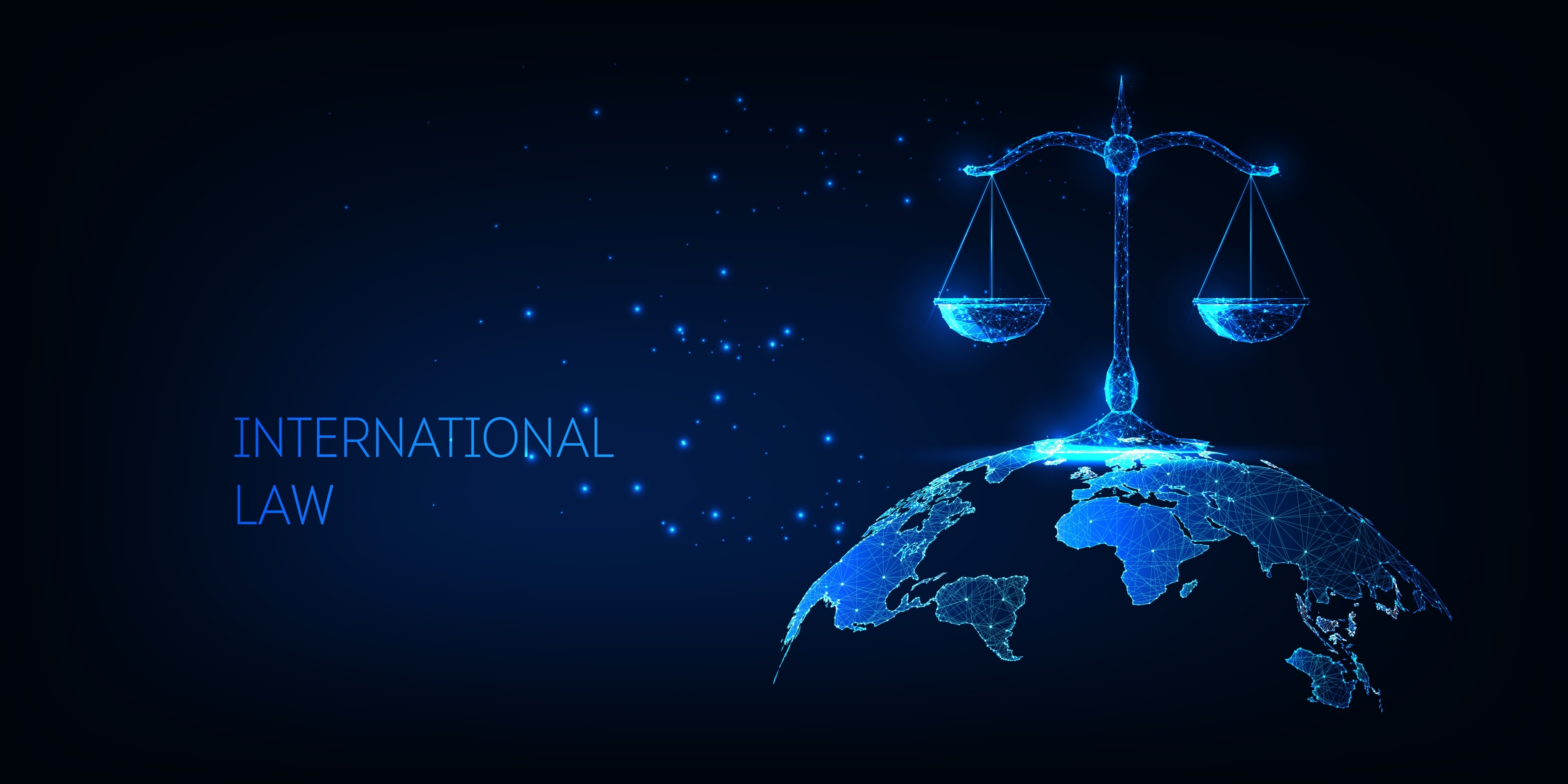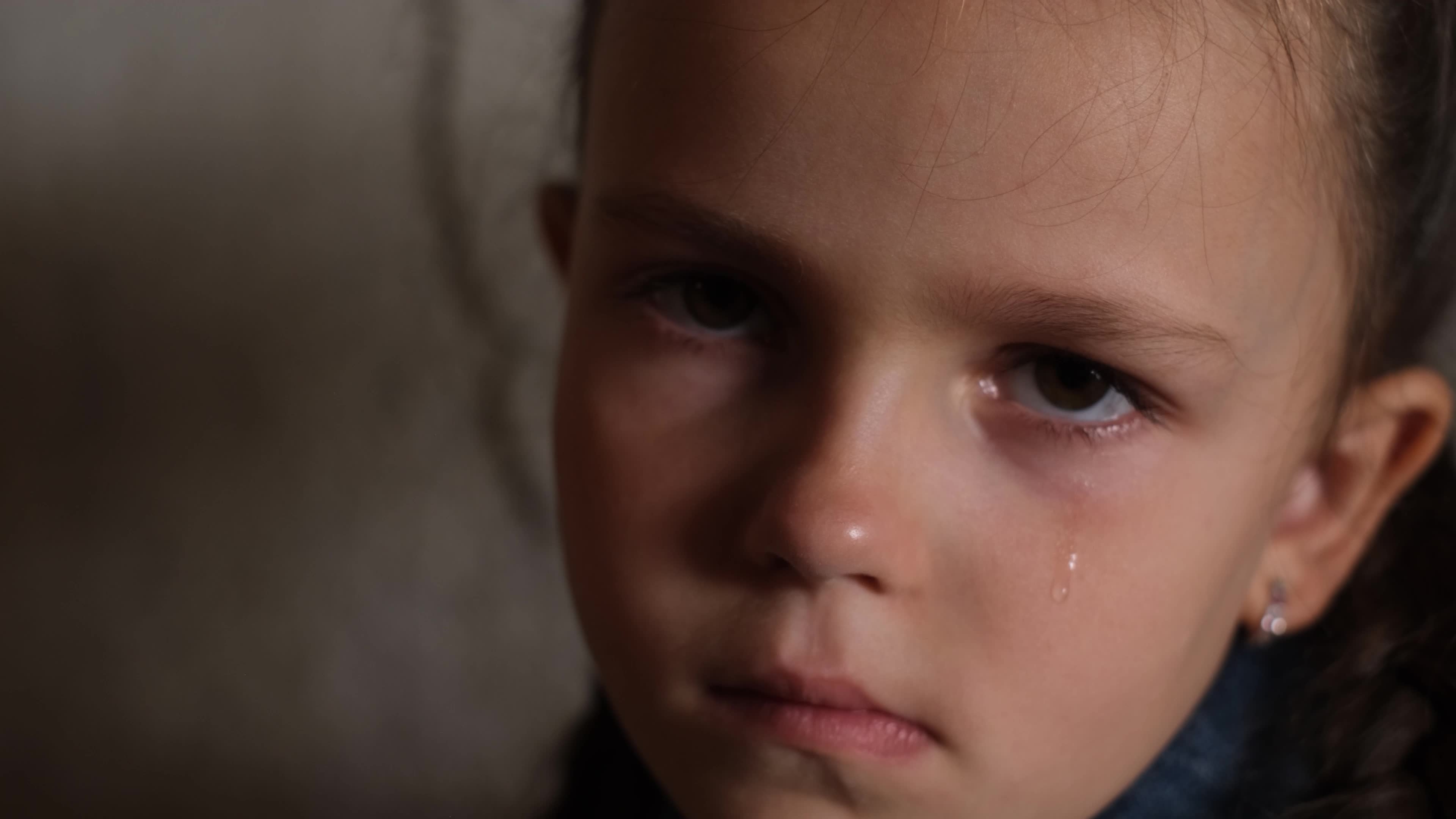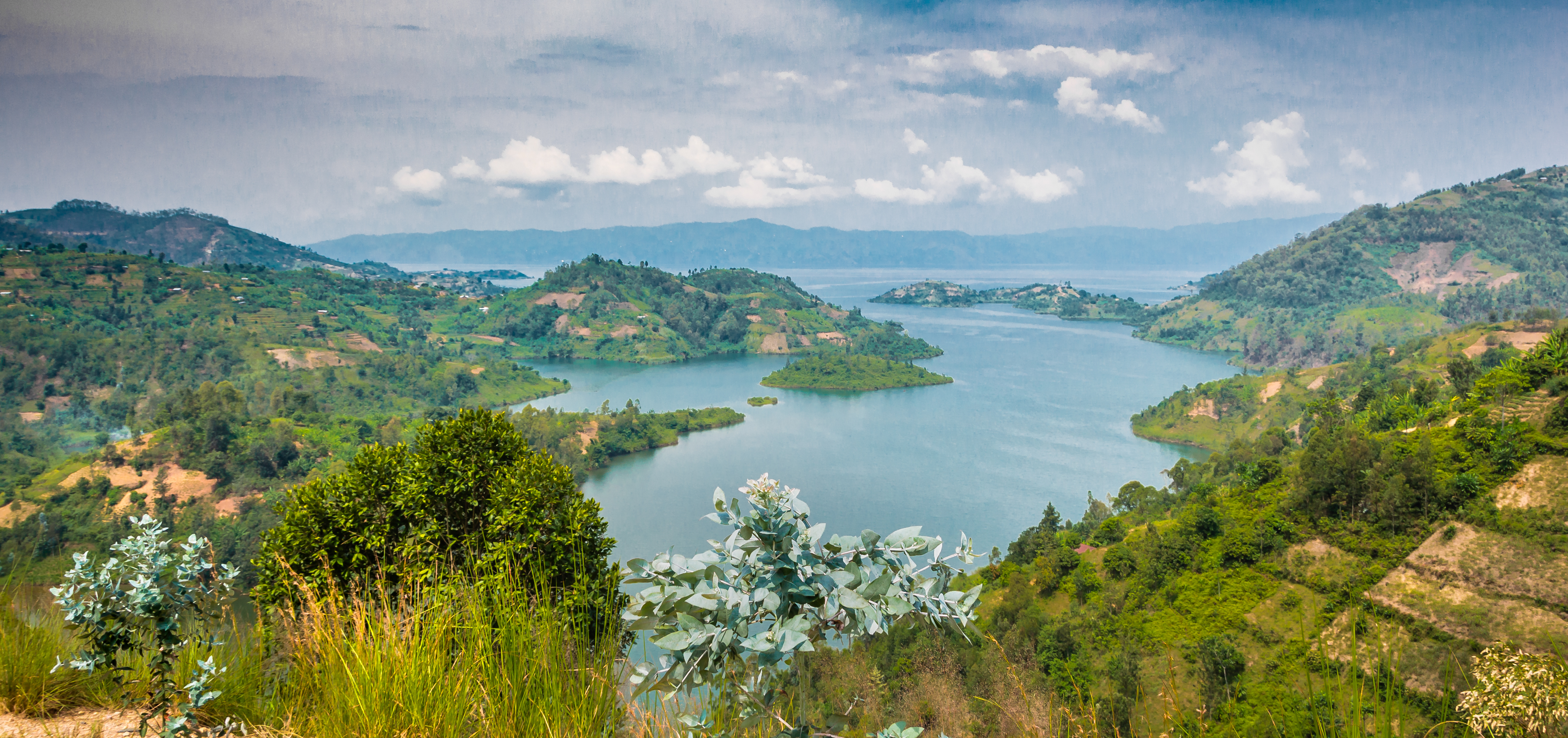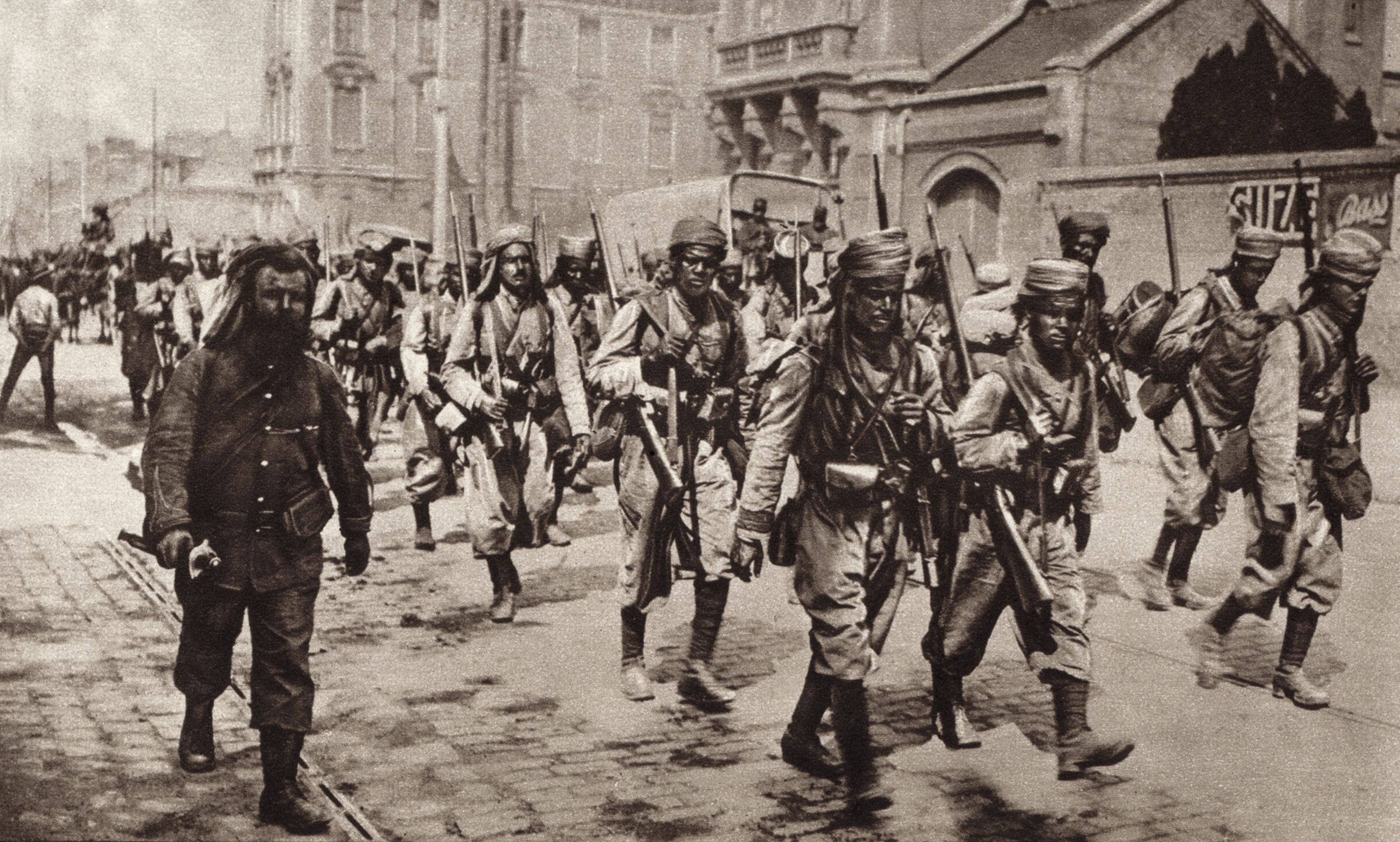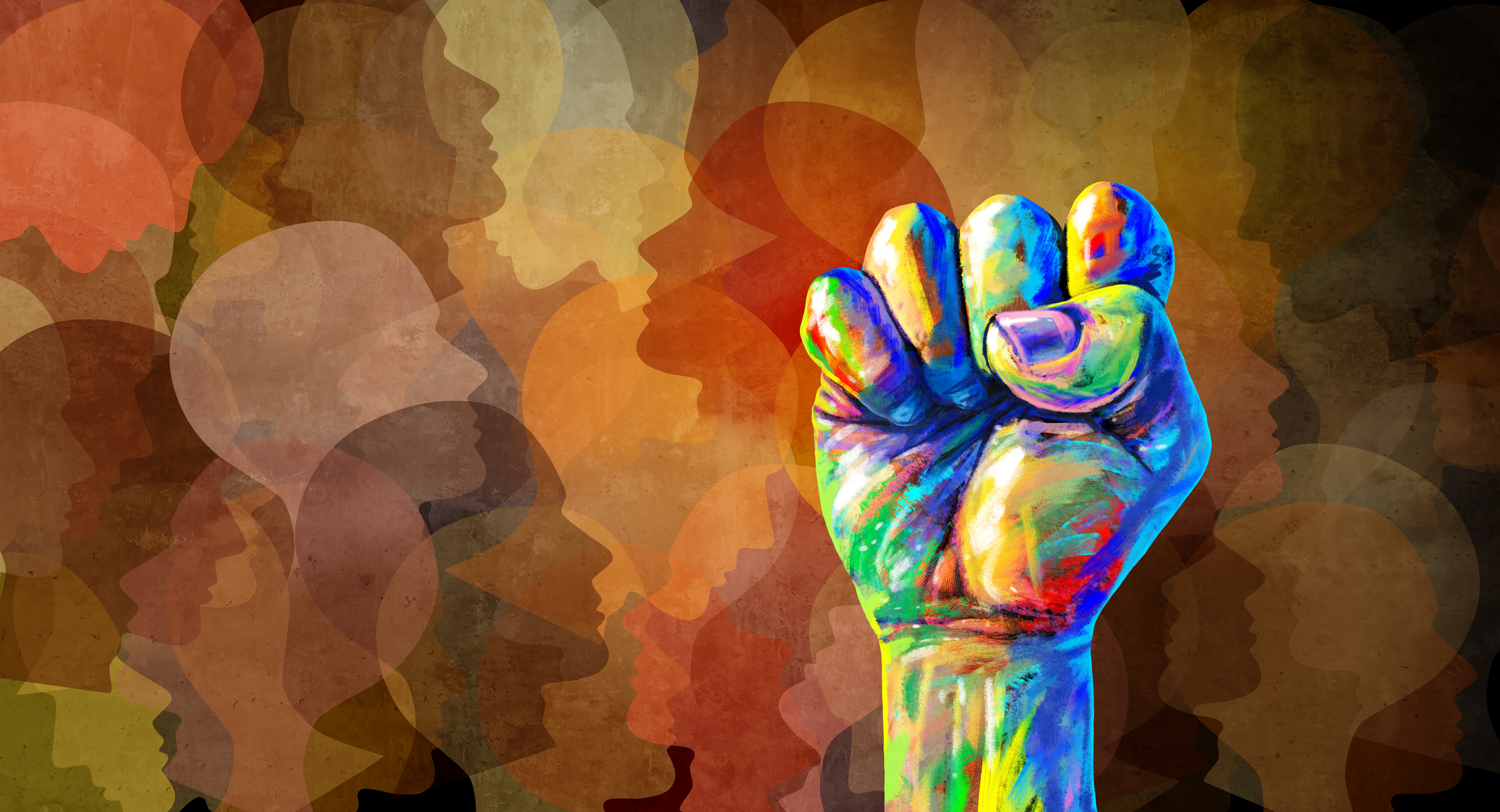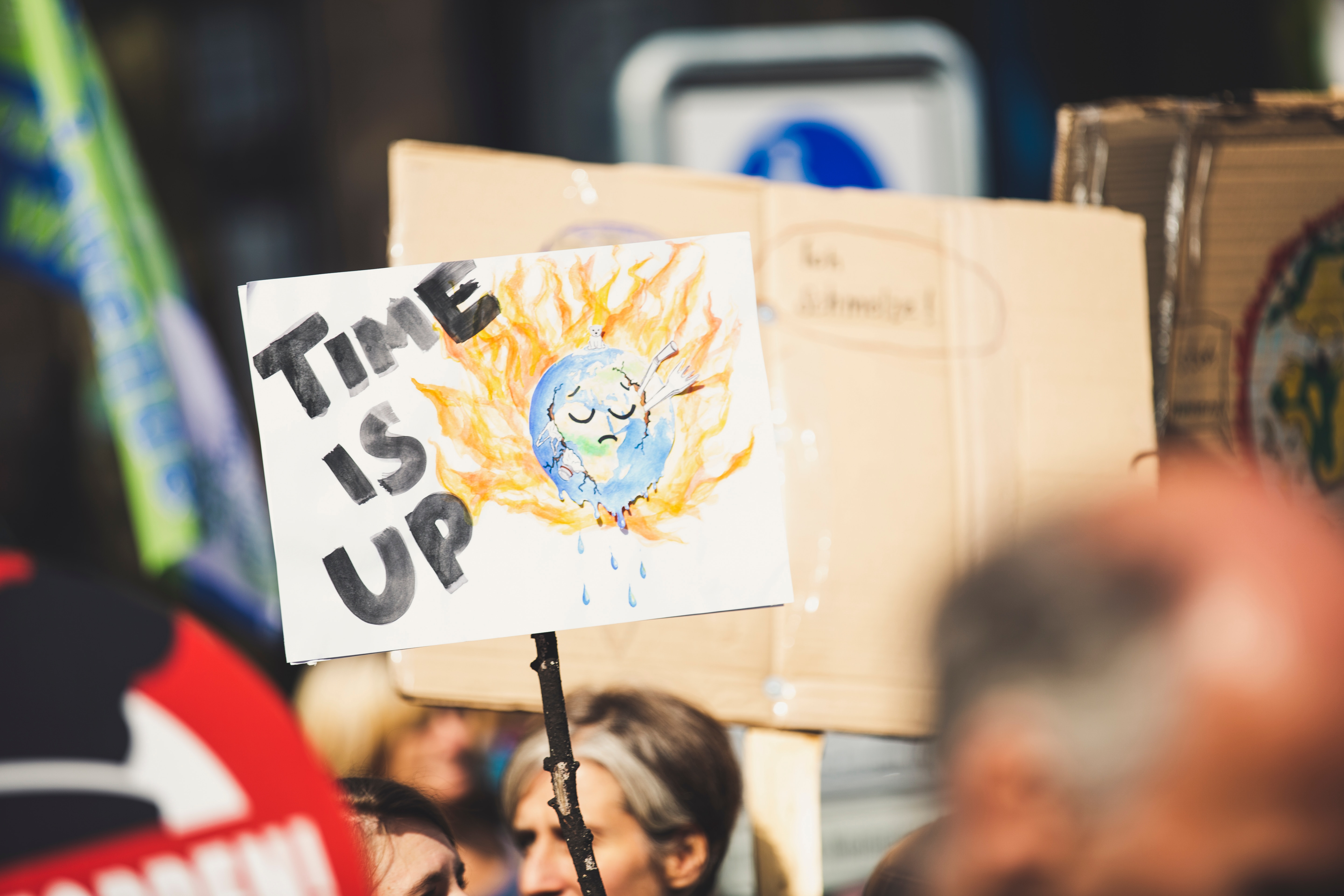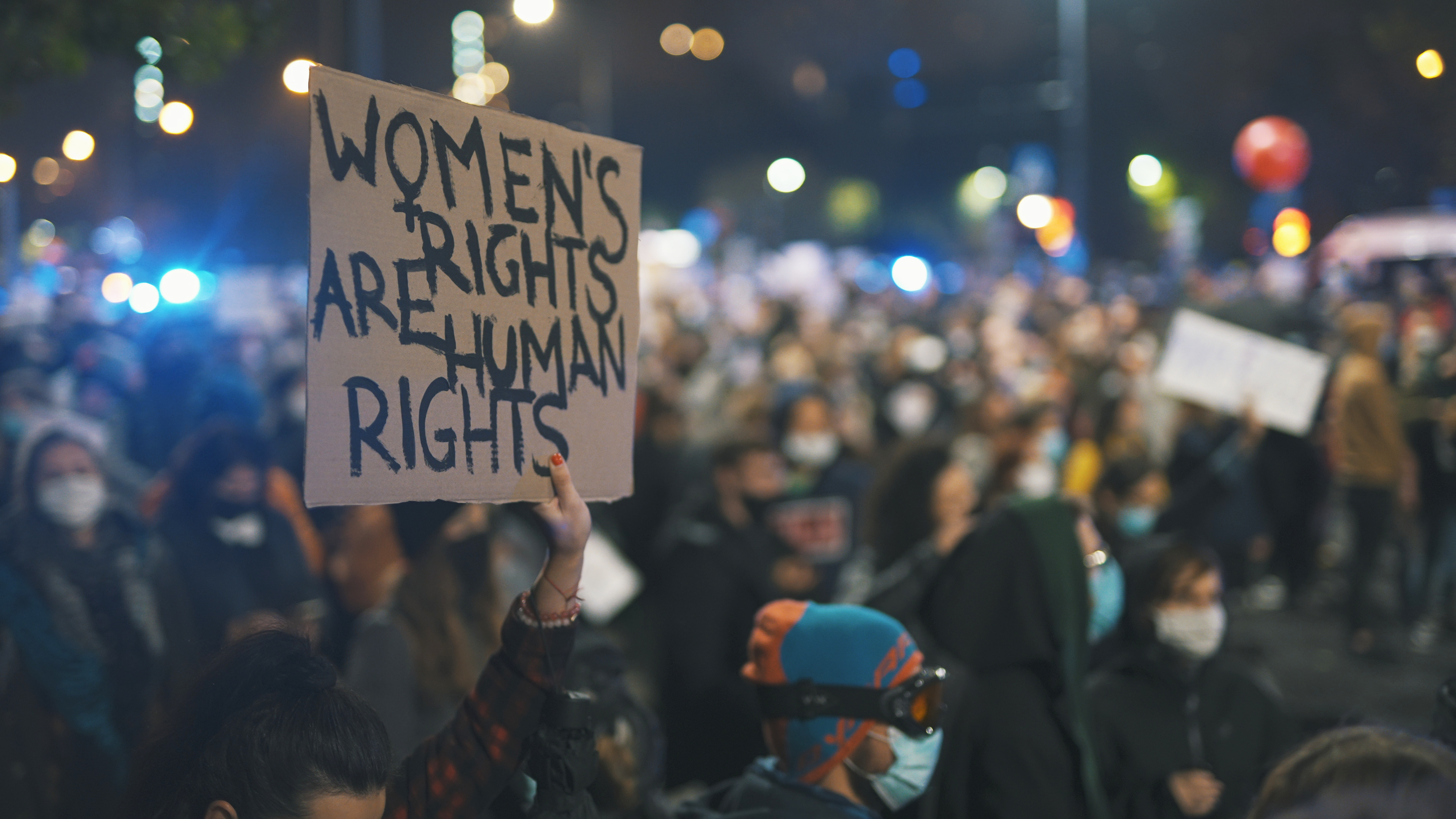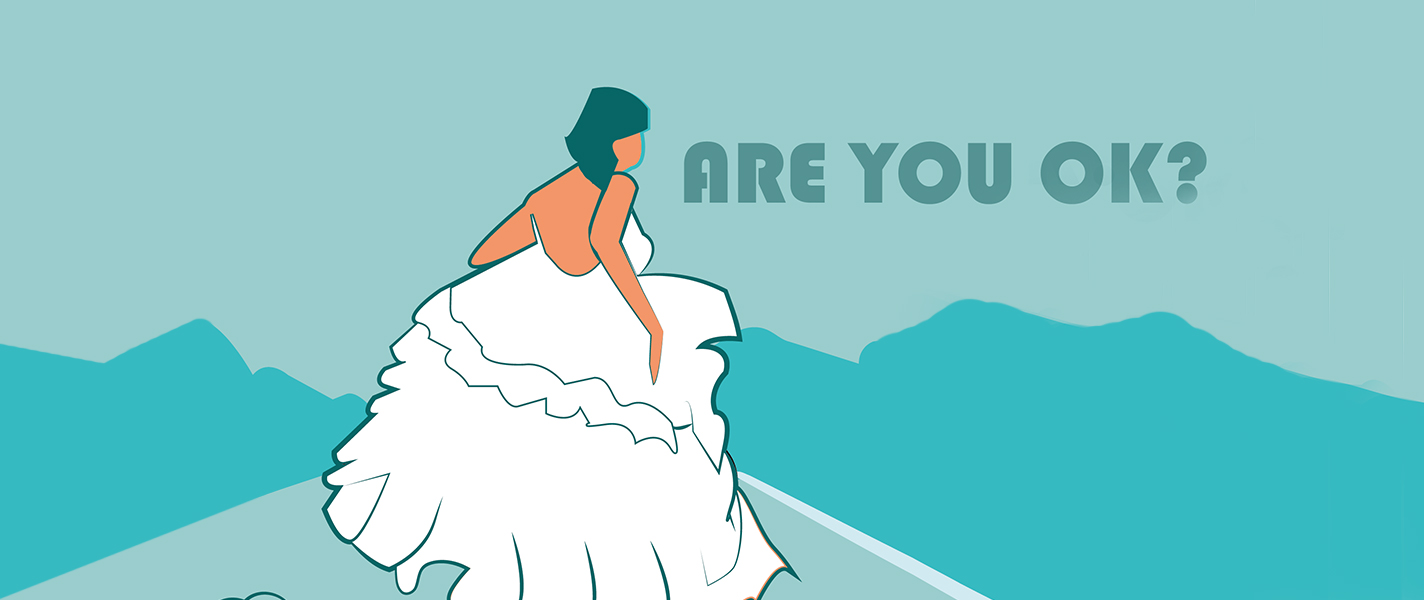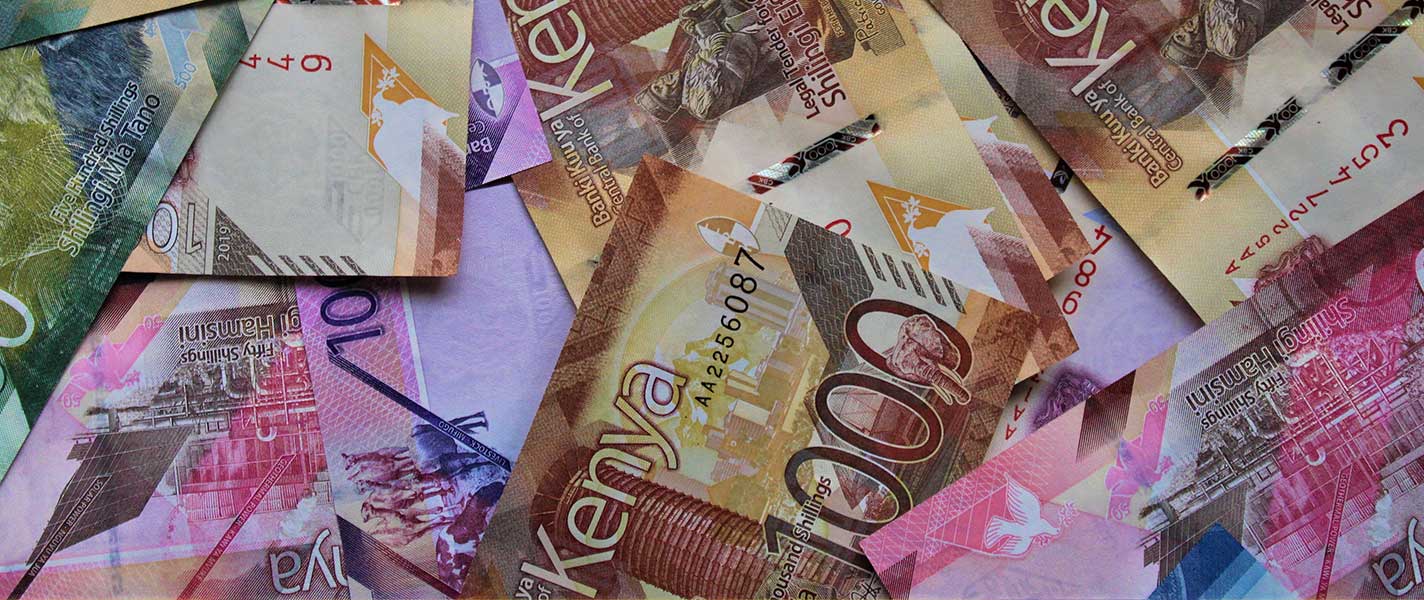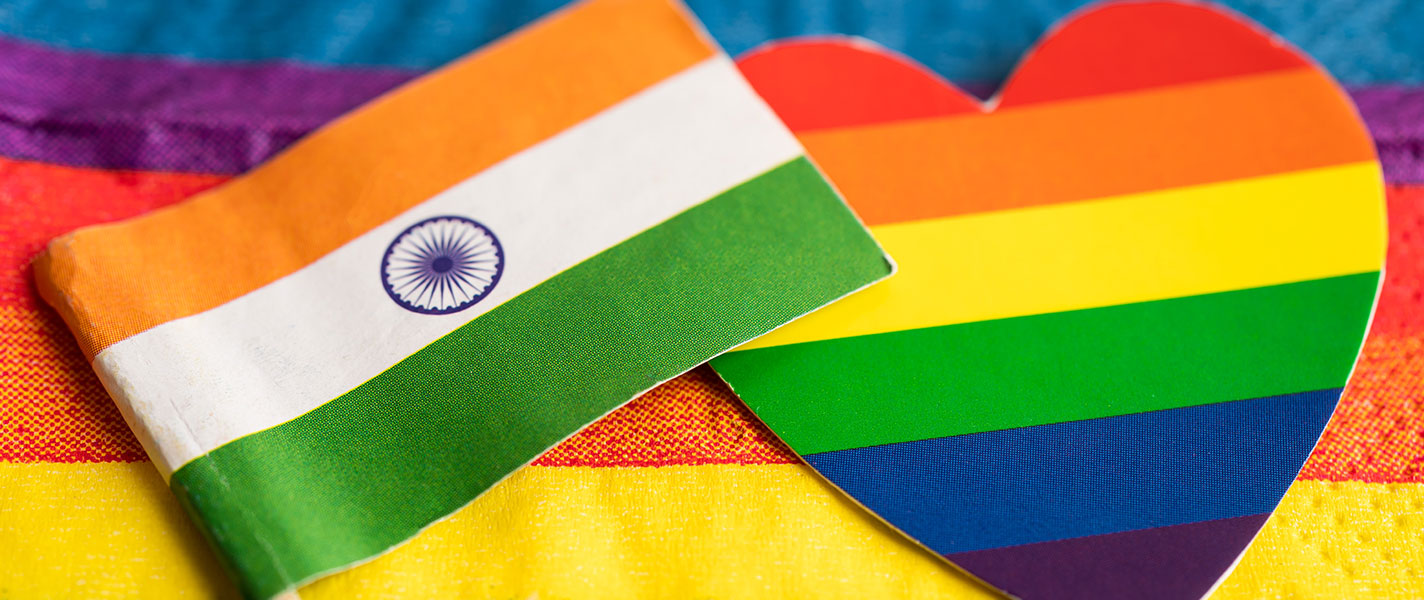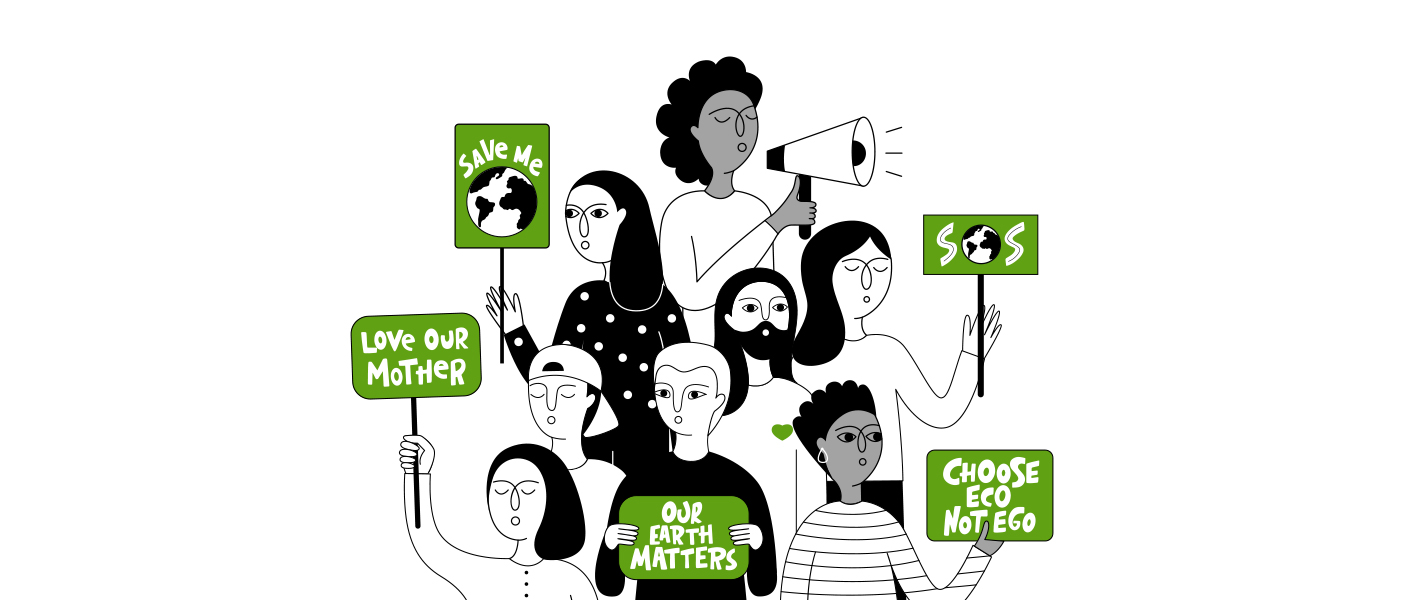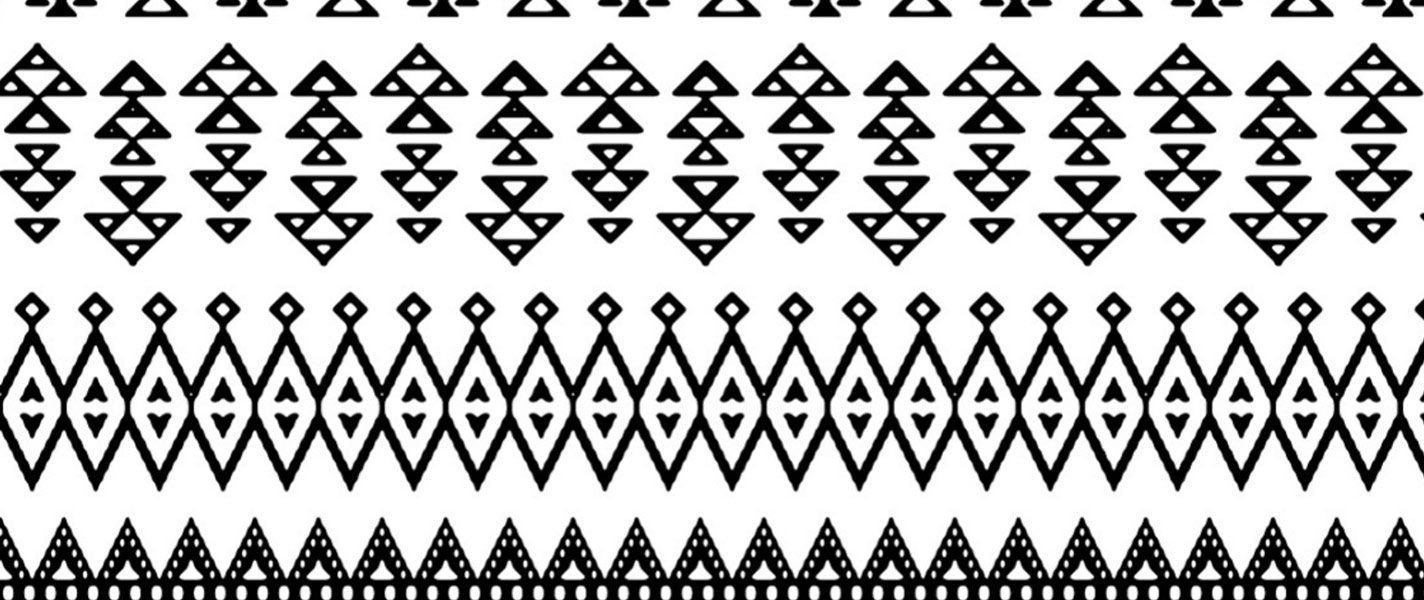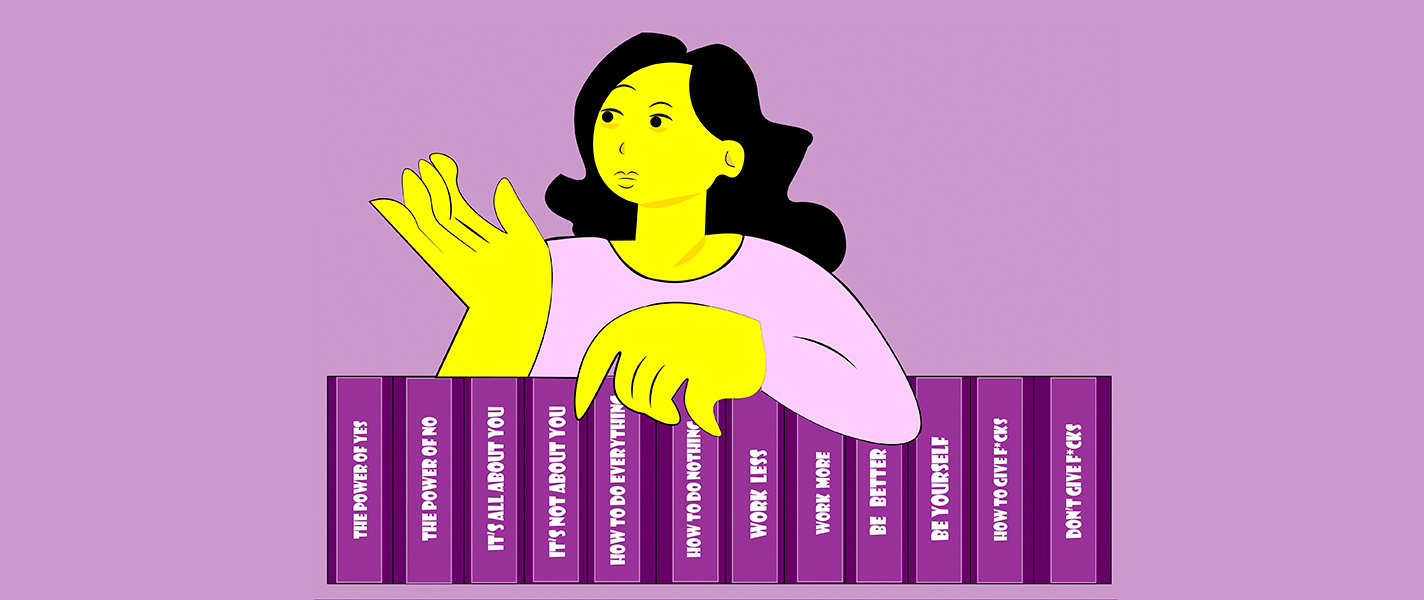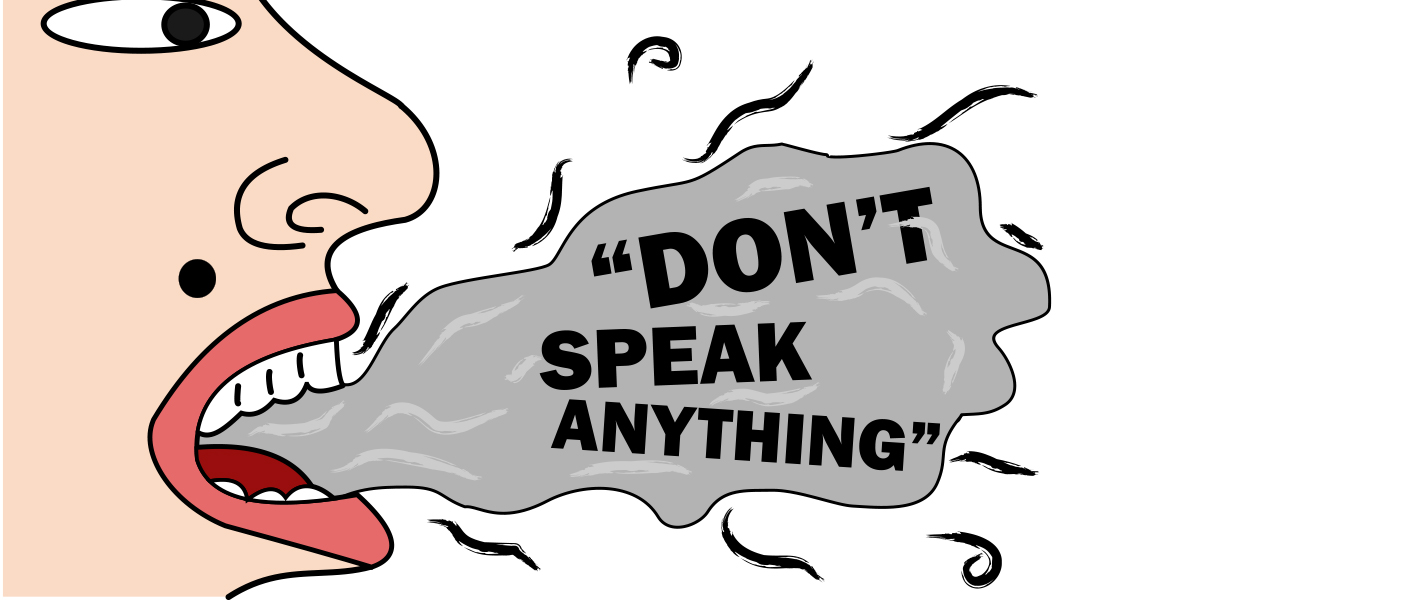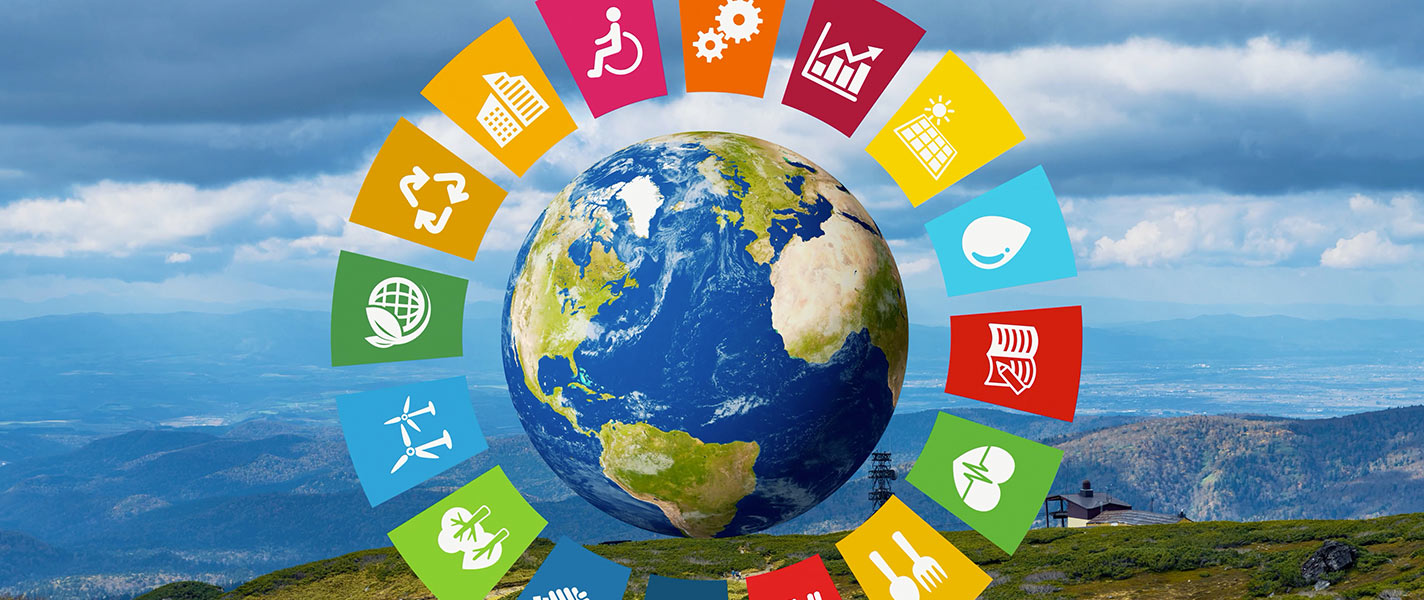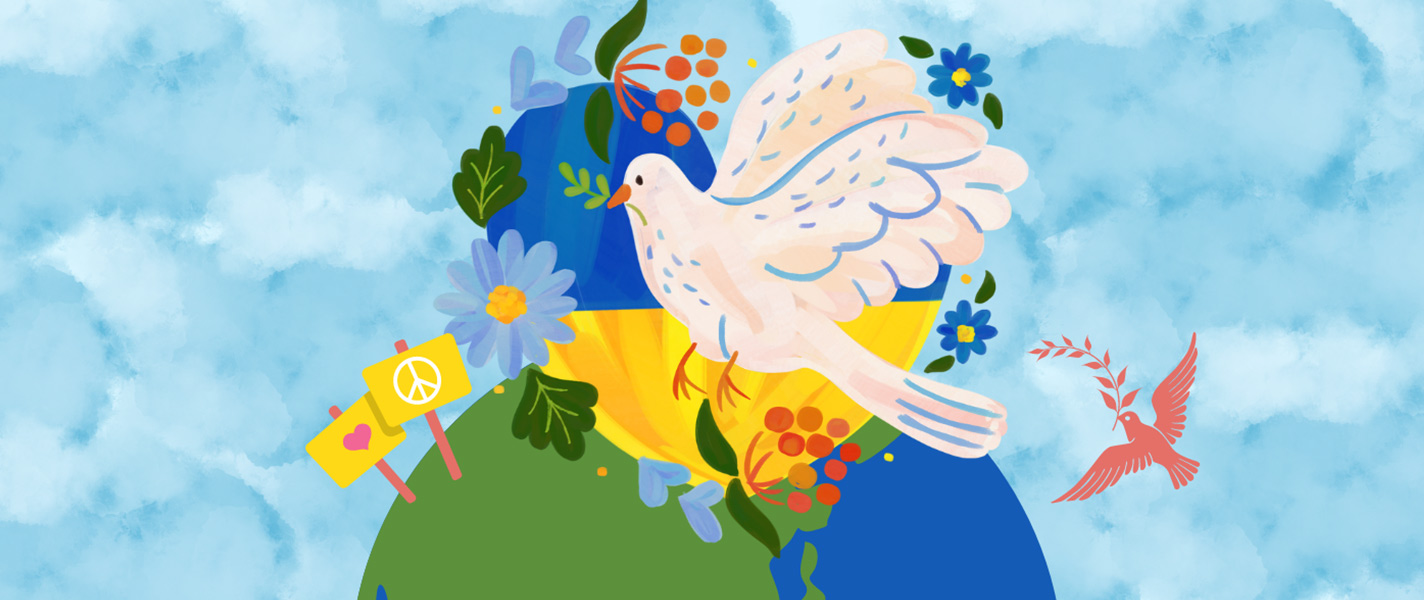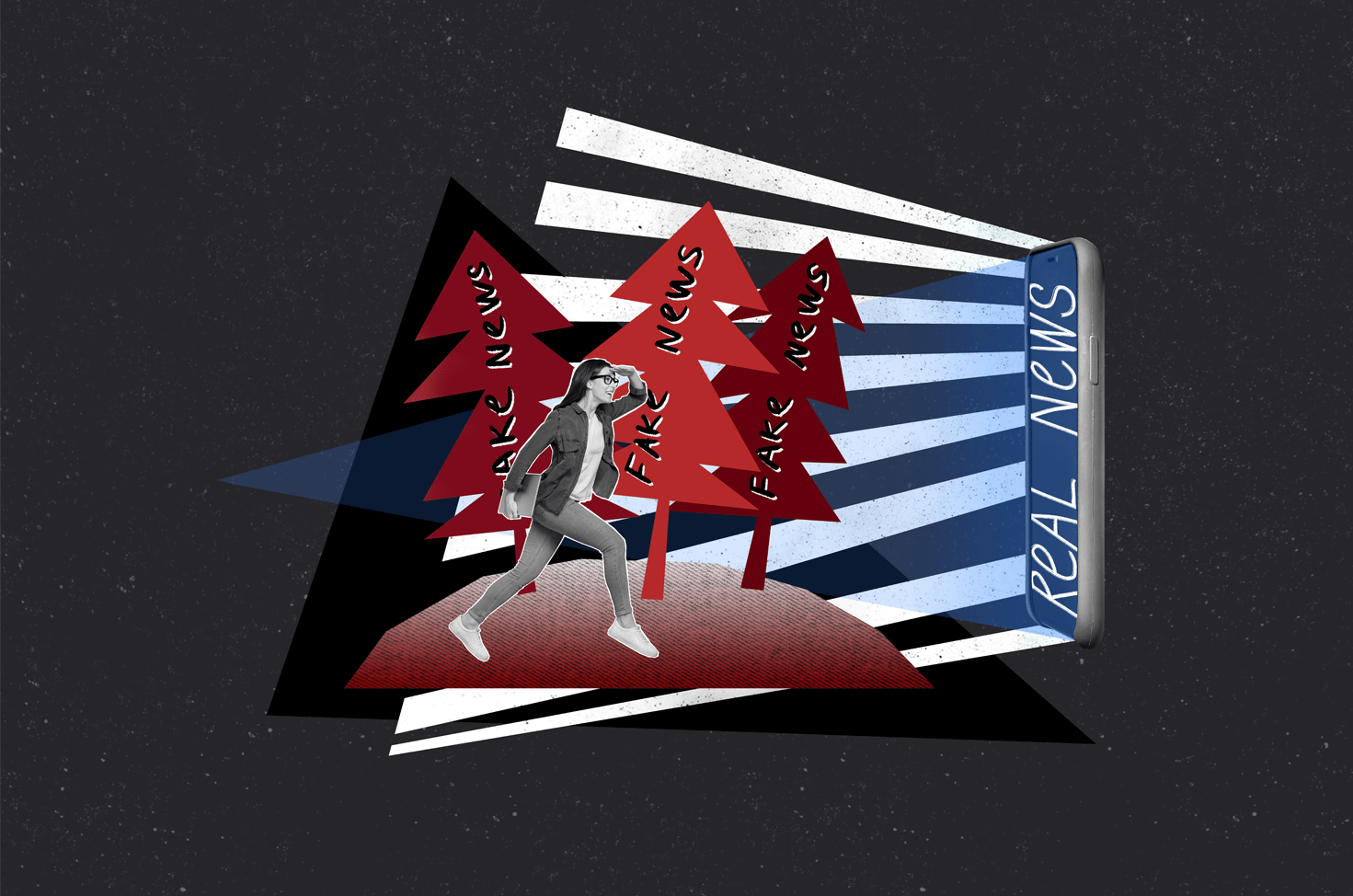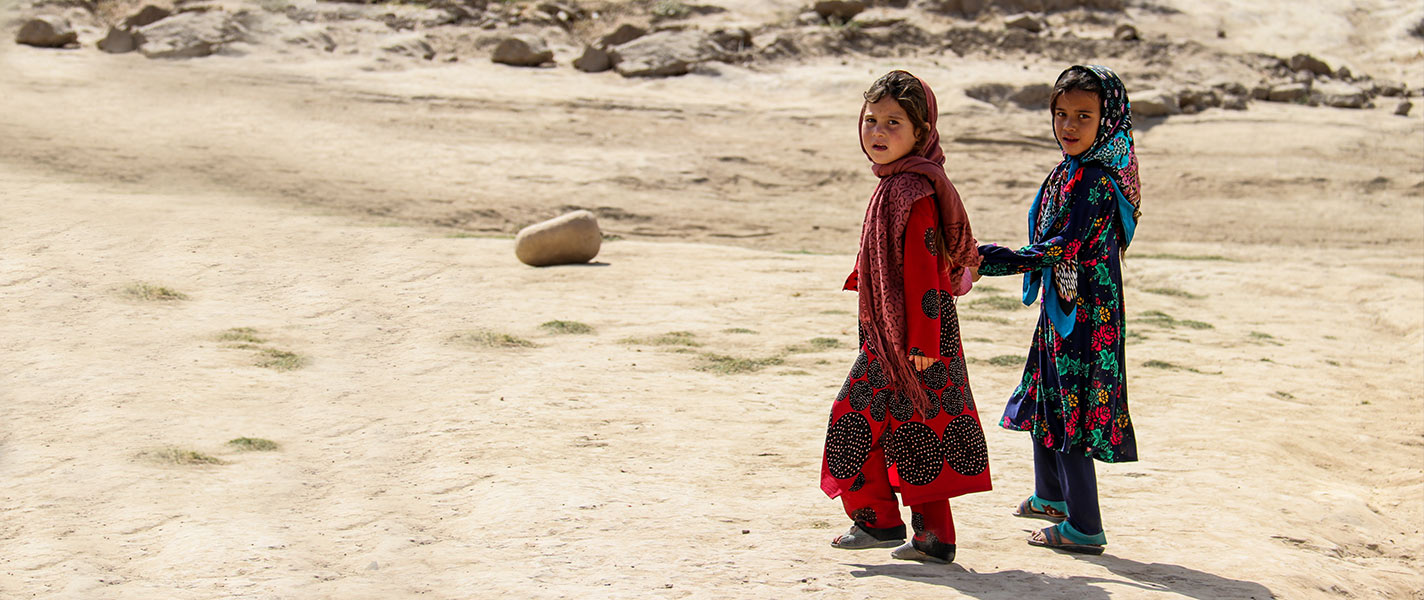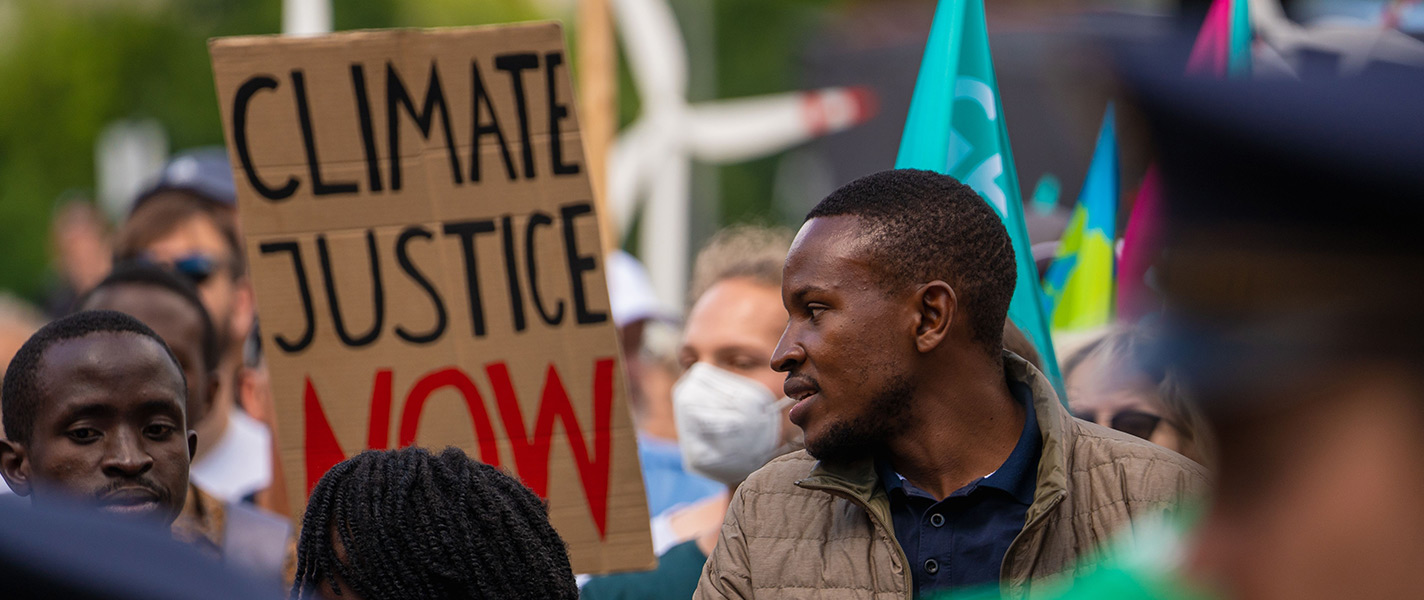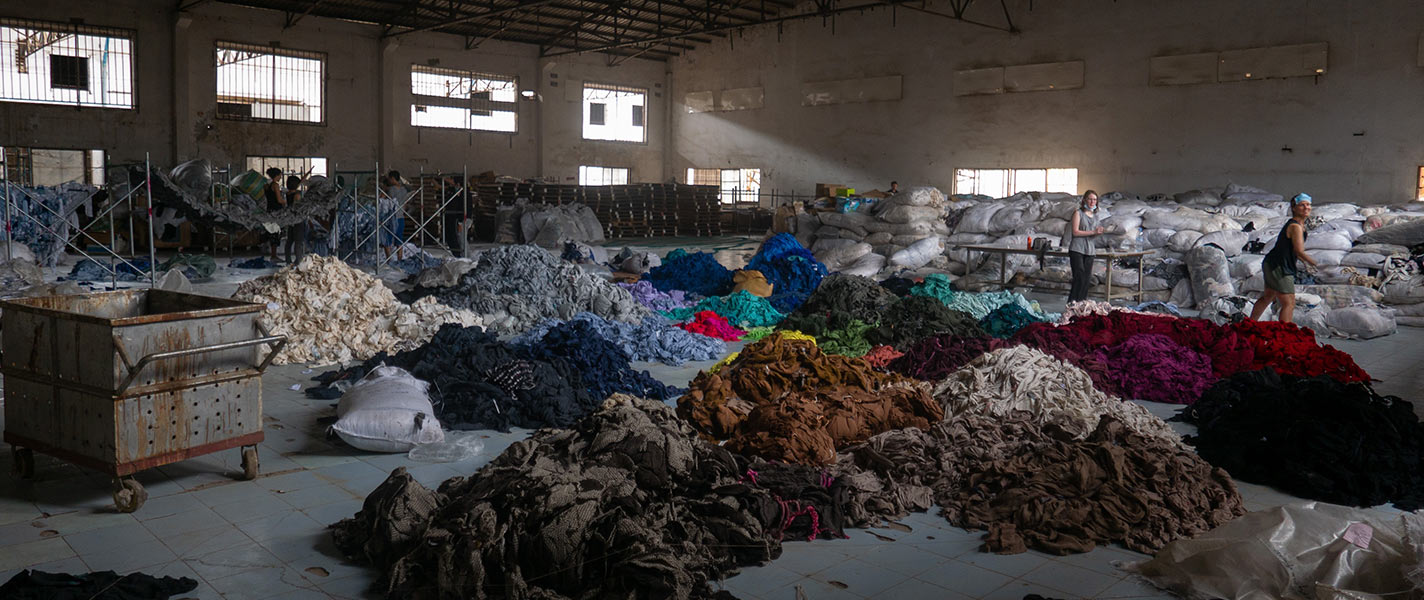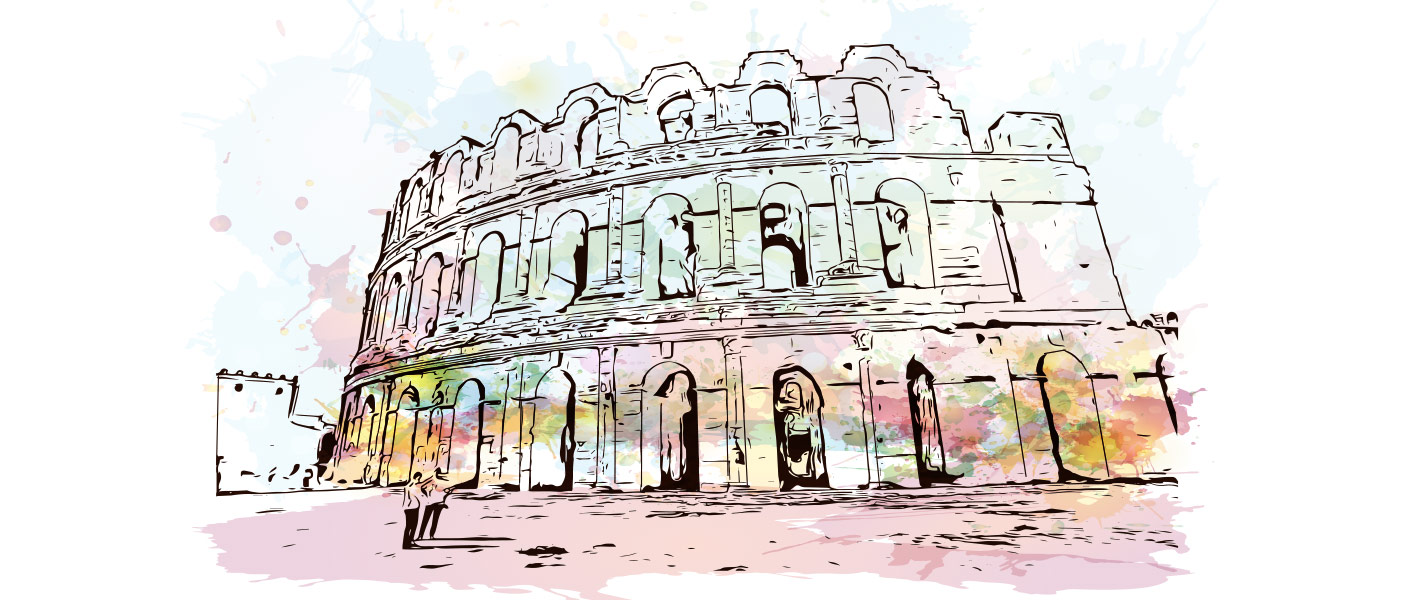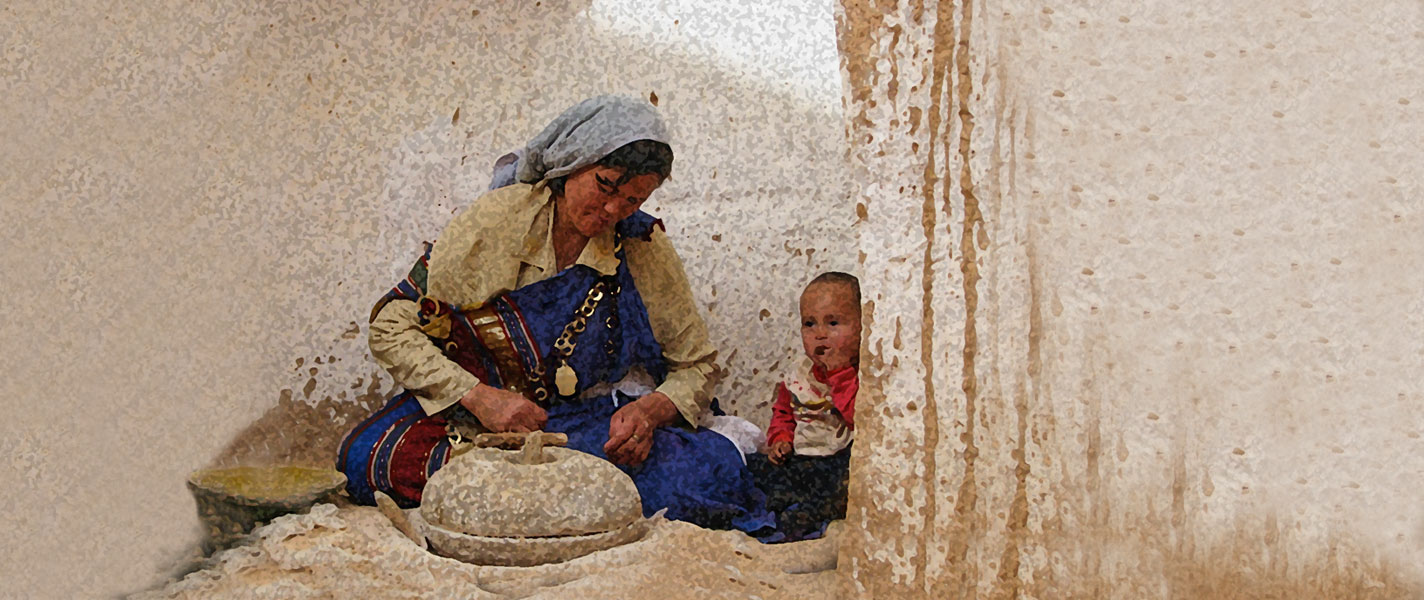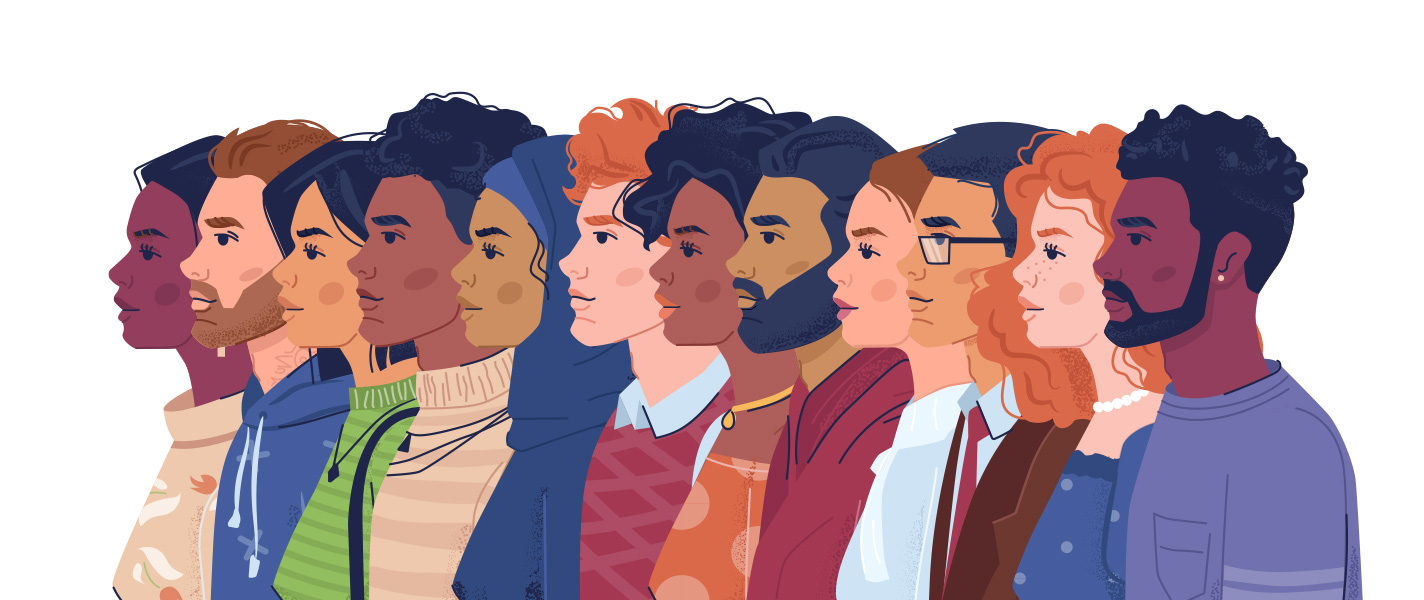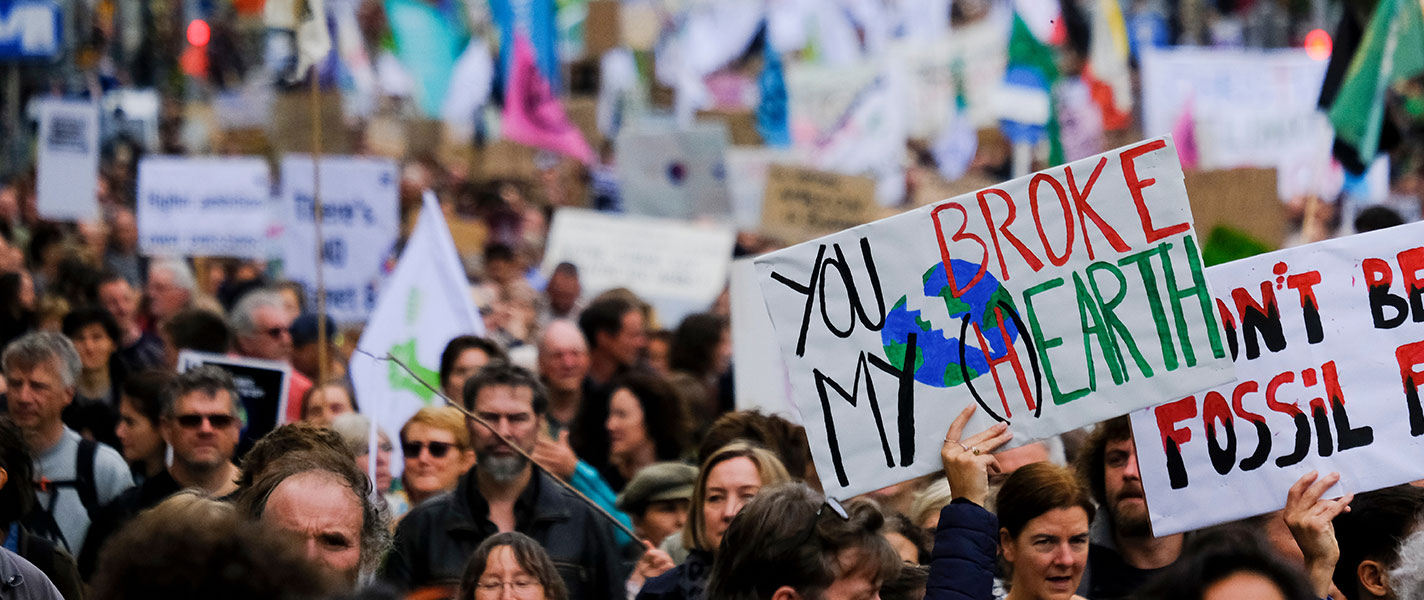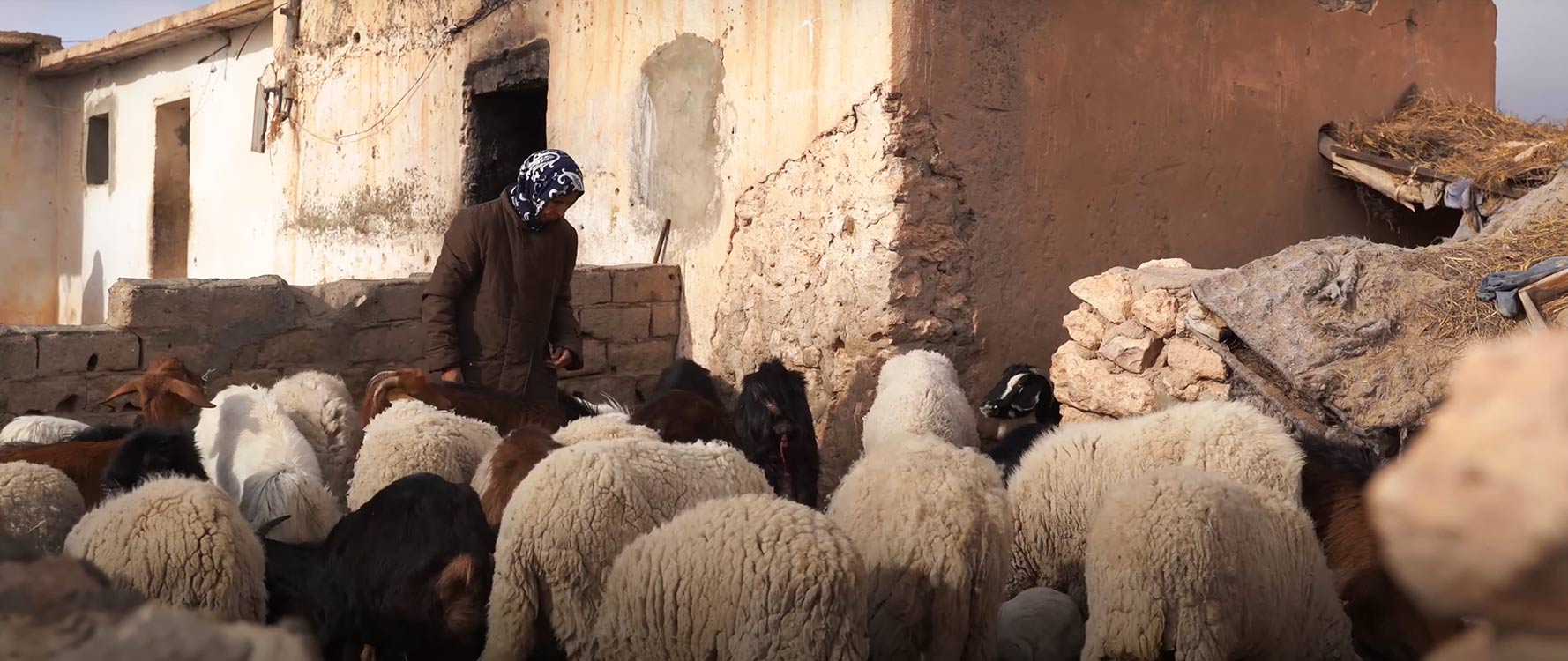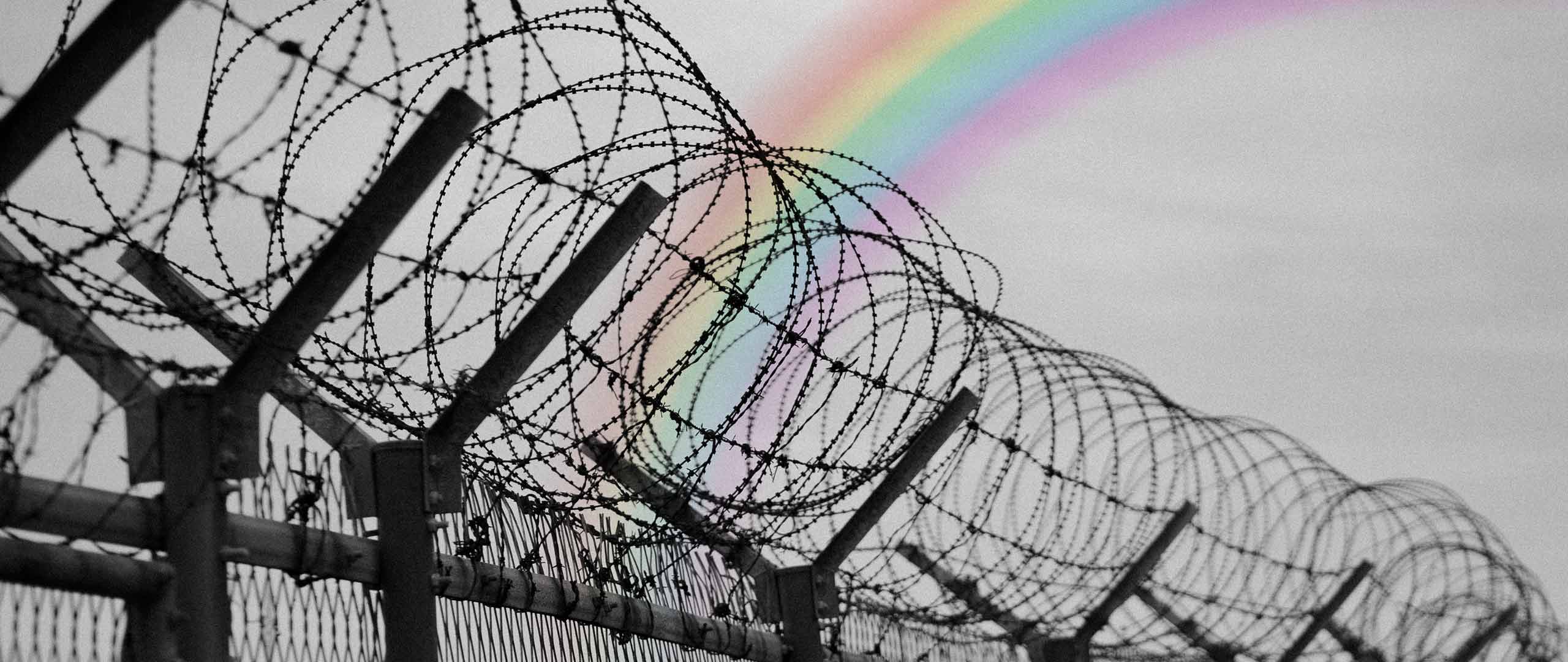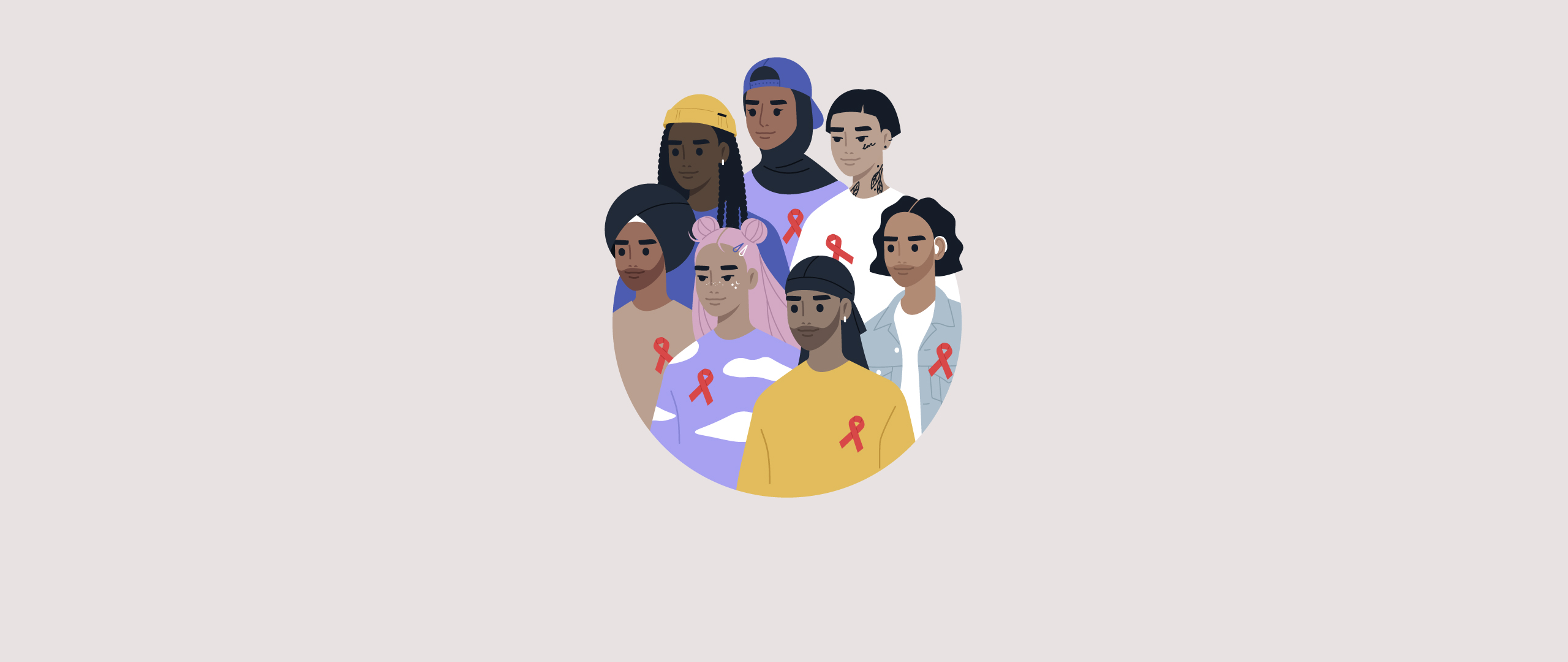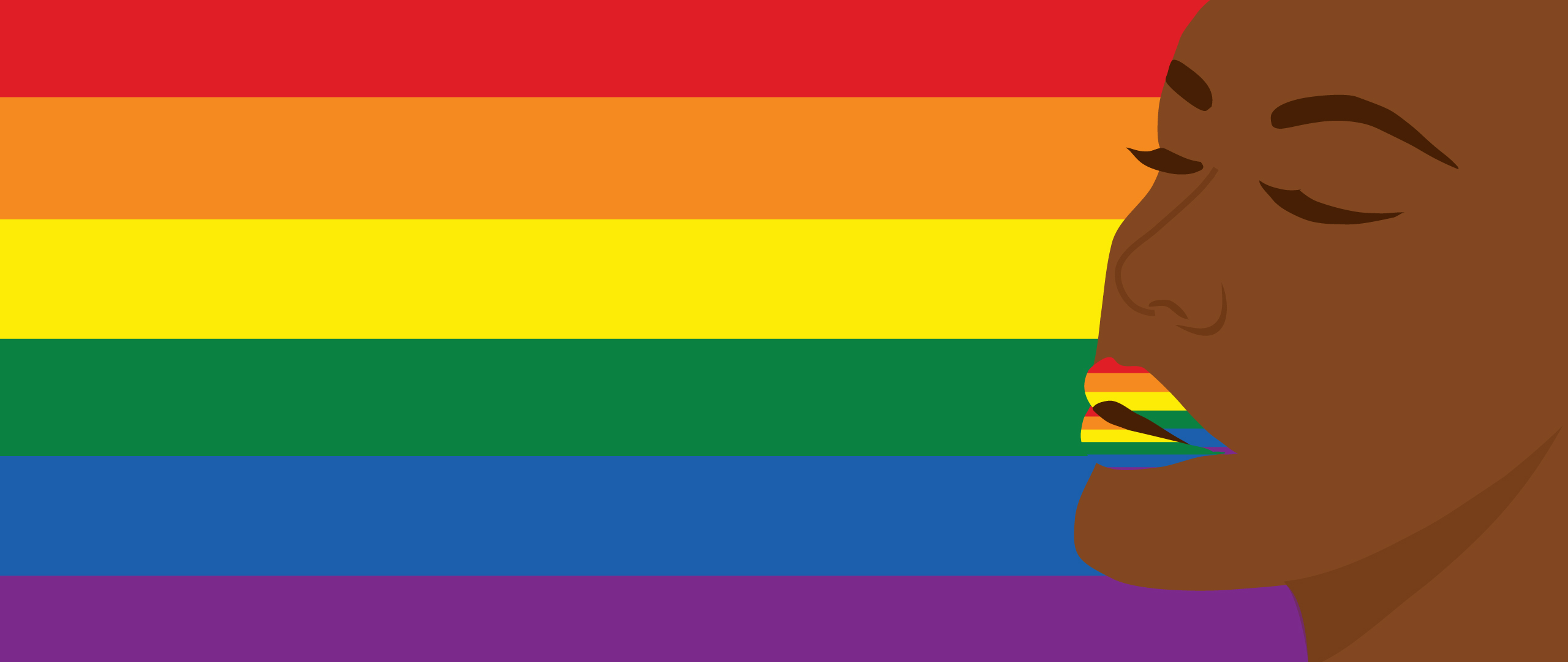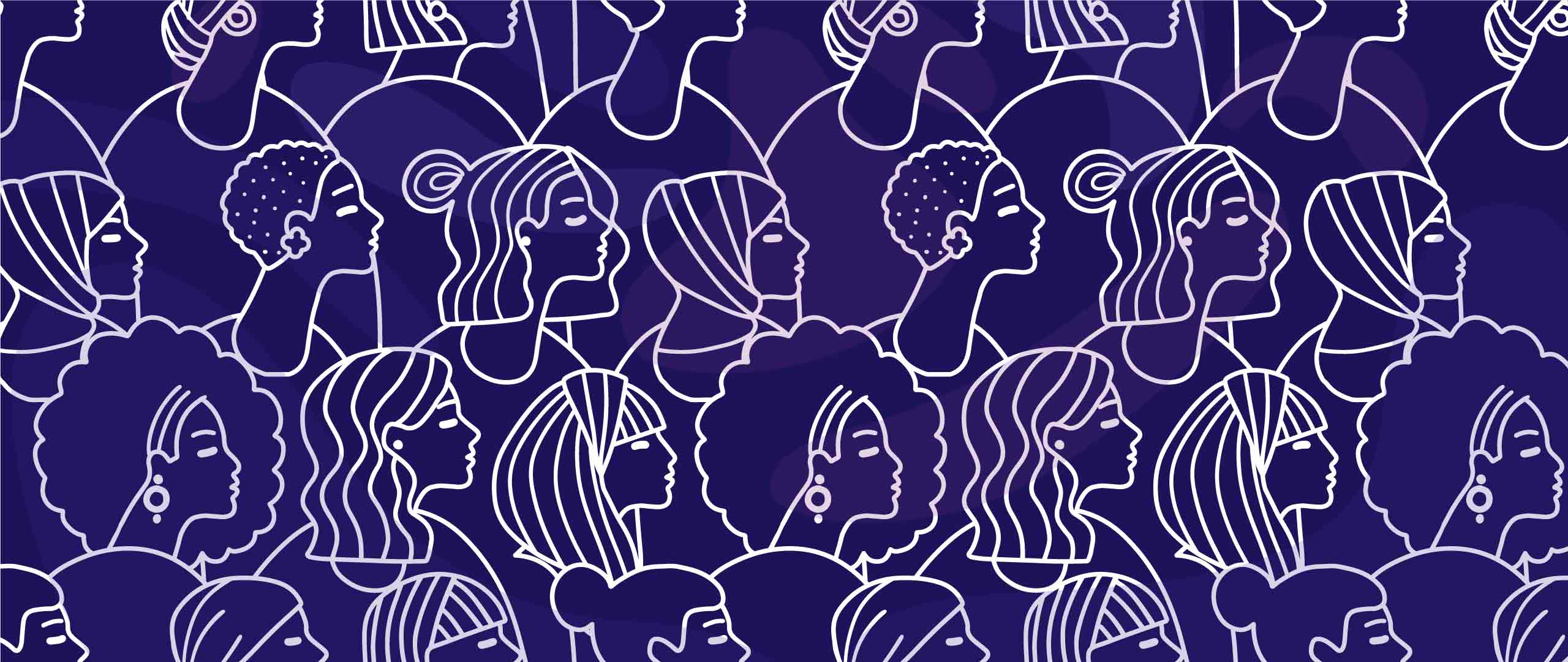Battling an Imaginary Enemy
As the world celebrates Zero Discrimination Day, I wanted to highlight the struggle of Sub-Saharan refugees and migrants in Tunisia and decry the mounting racism and discrimination against these communities.
On the first of March each year, the United Nations and international organizations around the world observe Zero Discrimination Day to promote everyone’s right to live life with dignity before the law and in practice. However, as the world calls for equal rights for all, a movement has gained traction in Tunisia over recent weeks, calling for the expulsion of Sub-Saharan Africans. Thousands have taken to social media, sounding the alarm against the “hordes” of migrants taking over. With its close proximity to the Italian shores, Tunisia has become a popular transit country for sub-Saharan African migrants and refugees heading to Europe. Although Tunisia is still largely perceived as a stepping stone toward Europe, in recent years it has become a destination itself. As the number of Sub-Saharan refugees and migrants steadily increases, and with the country plunging deeper into a political and economic crisis, many see that the African community is becoming a scapegoat for a frustrated nation.
Dotting the I’s
With mass hysteria setting in Tunisia, it has become clear that there is serious misinformation surrounding the legal framework governing Sub-Saharan Africans’ existence. Migrants, refugees, and asylum seekers alike have precarious legal standing in Tunisia with varying levels of legal protection. Migration to Tunisia is mainly governed by the 1968 law relating to the condition of foreigners. This Law regulates migrants’ entry and exit, residency, and labor market entry conditions. In this light, irregular entry and exit, residency without valid papers, and overstaying a visa are prohibited and subject migrants to imprisonment and fines. The rigid legal framework governing migration means legal migrants can easily become “illegal”, especially given the administrative hurdles set in place for those hoping to secure work and residence permits. This issue concerns particularly Sub-Saharan migrants as they have continuously reported their inability to renew their visas, secure legal contractual work, and pay the fines levied on them once their visas expire.
Similarly, refugees and asylum seekers in Tunisia are still legally marginalized. In 1957, Tunisia acceded to the 1951 Convention relating to the Status of Refugees. Thereafter, Tunisia acceded to three additional international and regional conventions setting out the rights of asylum seekers and the responsibilities of asylum granting-nations. More than 60 years later, Tunisia is yet to have a domestic legal framework governing asylum and refugee issues. Consequently, refugees and asylum seekers in Tunisia remain reliant on the goodwill of organizations such as UNHCR, its partners and other international organizations.
This fragile legal standing of both groups inhibits their access to housing, healthcare, legal employment and education as well as increases their vulnerability to discrimination and exploitation. The unstable socio-economic and political situation in Tunisia also limits the realization of durable legal solutions. Those who do choose to remain are often confined to the margins of society. As such, many who would otherwise settle in Tunisia flee the country via treacherous sea routes with many perishing before reaching the Italian shores of Lampedusa.
The mainstreaming of bigotry
Amid the aforementioned legal uncertainty, the Sub-Saharan migrant, refugee and asylum seeker community is now faced with another growing threat: the anger and resentment of the host community. Thousands of Tunisians are now taking to social media to express their hatred for these groups. Outcries of “they are taking over”, “invaders” and “occupiers” have become widely spread. In fact, the hushed whispers of xenophobic narratives are now bolstered on social media platforms where like-minded groups are congregating in echo chambers. The rise of the Tunisian Nationalist Party on Facebook accelerated this online fear-mongering campaign. Boasting more than 20.000 followers, the group has now moved from the digital sphere and is organizing on the ground to petition for the deportation of Sub-Saharan Africans. Going a step further, the movement coined the term “Al- Ajaseein” -an abbreviation of Foreign Sub-Saharan Africans- meant to be used as a slur and to create a distinction between the so-called "white and black Africans". In a recent statement, President Kais Saïd himself joined the frenzied masses and labeled Sub-Saharans as criminals, accusing them of plotting to change the demographic makeup of Tunisia. Concurrently, the sensualisation of incidents involving these minorities by leading media outlets is further stoking the flames.
As the panic sets in Tunisian society, fear is also taking hold of the Sub-Saharan community, and with good reason as recent arrest campaigns targeting African migrants have resulted in the detention of 300 migrants in a single week. Meanwhile, the irony of a country that’s hemorrhaging its own people calling for stronger visa requirements, and the expulsion of thousands of migrants have not escaped the notice of far-right leaders in Europe. Indeed, Eric Zemmour, the president of the Reconquête!, a populist French party, endorsed Saïd’s statements and called on Tunisia to join the fight against the “great replacement”.
To conclude, as the onrushing stripping of dignity, rights, and safety of these vulnerable communities steadily increases, it is more pressing than ever to remedy the current legal frameworks and work to safeguard the rights of migrants, refugees and asylum seekers alike. Tunisian society also needs to address the deep-rooted racism and bigotry ingrained in its institutions which has been disregarded for far too long.
The article represents the views of its writer and not that of LEED Initiative.
